When it comes to social media platforms for businesses, two names immediately come to mind: Facebook and LinkedIn. Both platforms have millions of users and offer various tools and features to help businesses connect with their target audience. But which platform is truly superior for businesses? In this article, we will compare Facebook and LinkedIn, exploring their strengths, weaknesses, and the specific benefits they offer to businesses. By the end of this article, you will have a better understanding of which platform is best suited for your business's social media marketing efforts.
Facebook: The Power of Targeted Advertising
One of the key strengths of Facebook as a marketing platform is its powerful targeting capabilities. With over 2.8 billion monthly active users, Facebook provides businesses with unparalleled access to a massive audience. Furthermore, Facebook's robust targeting options allow businesses to reach specific demographics, interests, and behaviors, ensuring that their advertisements are seen by the right people.
Another advantage of advertising on Facebook is its advanced analytics and reporting tools. Businesses can track and measure the performance of their ads, gaining valuable insights into their audience's preferences and behaviors. This data can then be used to optimize future campaigns and improve overall marketing efforts.
LinkedIn: The Networking Hub for Professionals
While Facebook is a platform that caters to a wide range of users, LinkedIn focuses specifically on professionals and businesses. With over 740 million users, LinkedIn offers businesses a unique opportunity to connect with a highly targeted audience consisting of professionals, industry leaders, and decision-makers.
LinkedIn's primary strength lies in its networking capabilities. Businesses can leverage LinkedIn to build and maintain professional relationships, join industry-specific groups, and collaborate with like-minded individuals. By actively participating in LinkedIn's networking features, businesses can establish themselves as industry experts and strengthen their brand presence.
Facebook: Building Brand Awareness and Engagement
One of the biggest advantages of utilizing Facebook for business purposes is its ability to build brand awareness and engagement. With its user-friendly interface and emphasis on visual content, Facebook provides businesses with a platform to showcase their products or services creatively.
Furthermore, Facebook's engagement features, such as comments, likes, and shares, allow businesses to interact with their audience on a personal level. This interaction not only helps build brand loyalty but also generates valuable user-generated content that can be used for future marketing efforts.
LinkedIn: Establishing Thought Leadership
LinkedIn is widely regarded as the go-to platform for professionals looking to establish thought leadership and share industry-specific knowledge. By regularly sharing informative and insightful content, businesses can position themselves as industry experts and gain the trust and respect of their LinkedIn connections.
Moreover, LinkedIn's publishing platform, LinkedIn Pulse, allows businesses to reach a wider audience by publishing long-form articles. These articles can drive traffic to a business's website, increase visibility, and generate leads from professionals who are genuinely interested in the industry or topic being discussed.
Facebook: Cost-Effective Advertising
Another area where Facebook shines is its cost-effective advertising options. With a variety of ad formats, including image ads, video ads, and carousel ads, businesses have the flexibility to choose the advertising format that best suits their goals and budget.
Furthermore, Facebook's bidding and targeting options enable businesses to maximize their ad spend by reaching a highly relevant audience at the lowest possible cost. This makes Facebook an ideal platform for small businesses or startups with limited marketing budgets.
LinkedIn: B2B Marketing Opportunities
LinkedIn's focus on professionals and businesses makes it an excellent platform for B2B marketing. With its advanced targeting options, such as job titles, company size, and industry, businesses can narrow down their audience to reach decision-makers and key stakeholders.
Moreover, LinkedIn offers specialized advertising features specifically designed for B2B marketing, such as Sponsored InMail and Dynamic Ads. These features enable businesses to deliver personalized, targeted messages to their audience, increasing the chances of generating quality leads and driving conversions.
Frequently Asked Questions
1. Can I advertise my business on both Facebook and LinkedIn?
Yes, businesses can advertise on both platforms simultaneously. It's important to consider your target audience and marketing goals to determine the best allocation of resources between the platforms.
2. Which platform is better for B2B marketing?
LinkedIn is generally considered the superior platform for B2B marketing due to its focus on professionals and its targeted advertising options.
3. Can I use LinkedIn for B2C marketing?
While LinkedIn is primarily known for its professional networking capabilities, businesses can still leverage the platform for B2C marketing by focusing on targeting professionals who may be potential customers or influencers in their purchasing decisions.
4. Can I use Facebook for lead generation?
Yes, Facebook offers various lead generation tools, such as lead forms and conversion campaigns, to help businesses capture leads directly on the platform.
5. Which platform is more suitable for small businesses with limited budgets?
Facebook's cost-effective advertising options and wider reach make it more suitable for small businesses with limited budgets seeking to maximize their marketing efforts.






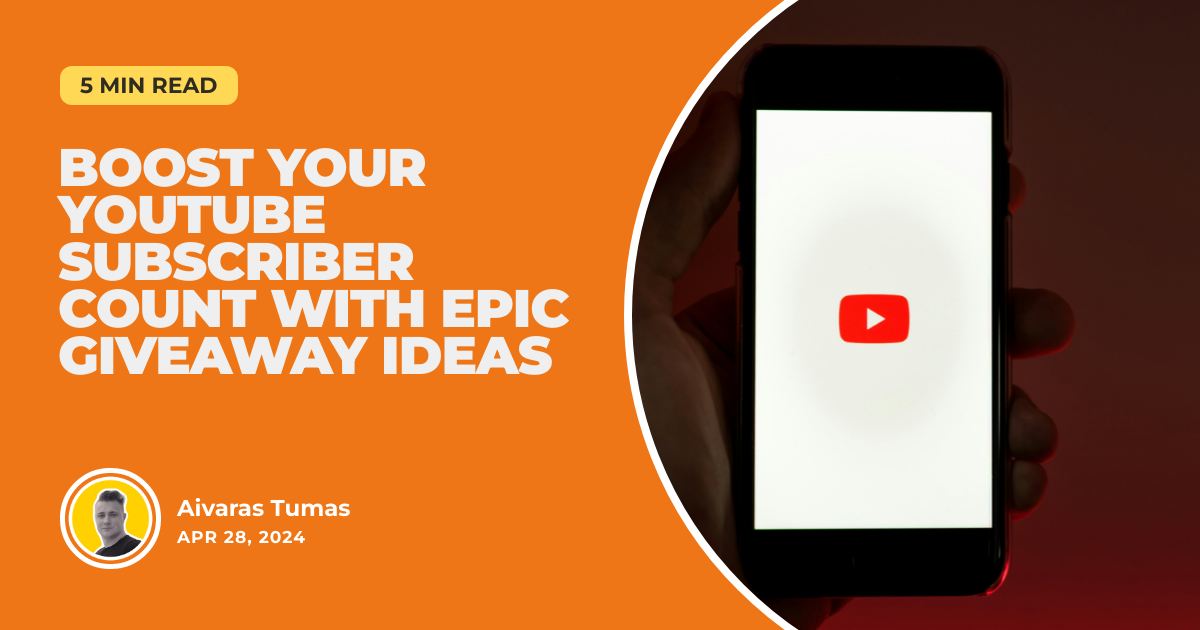
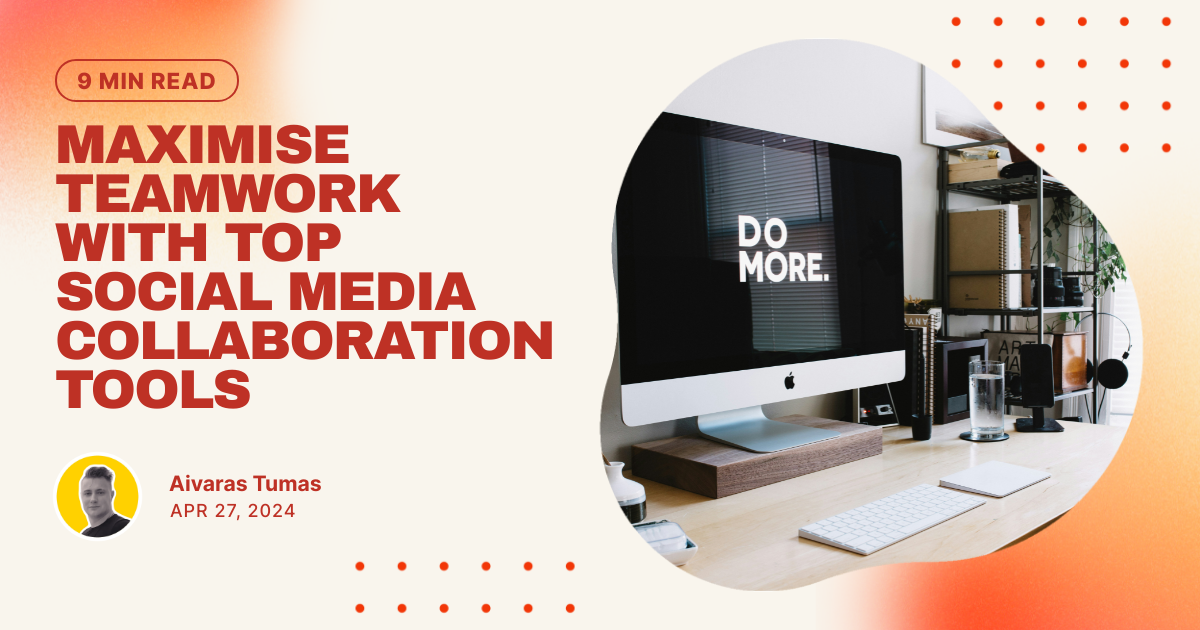

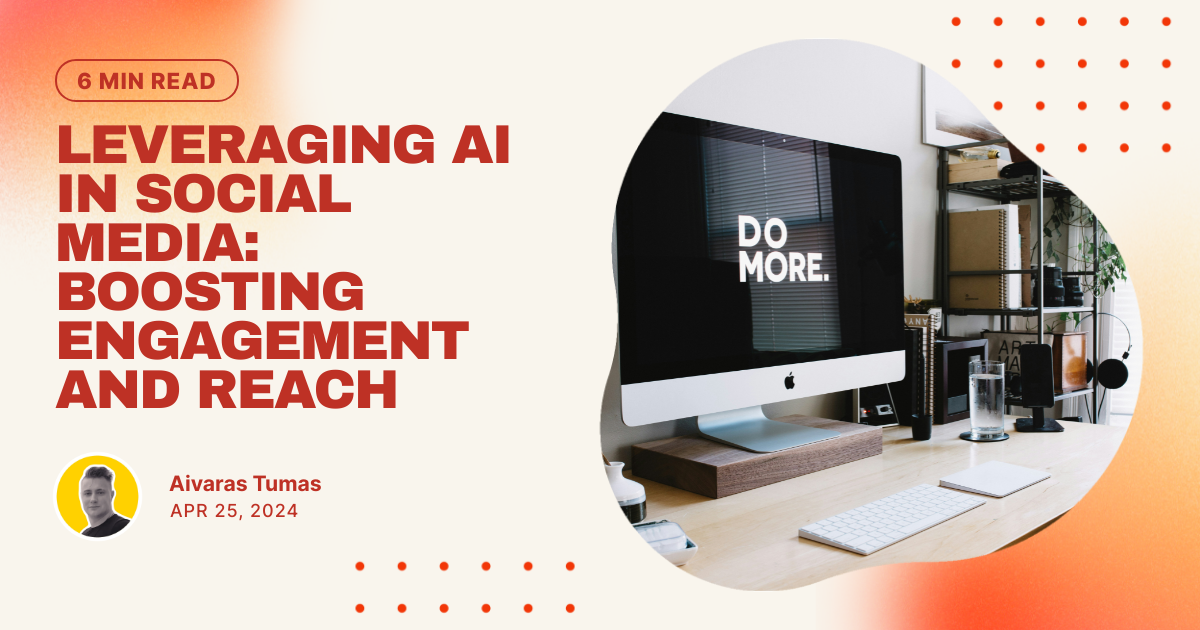
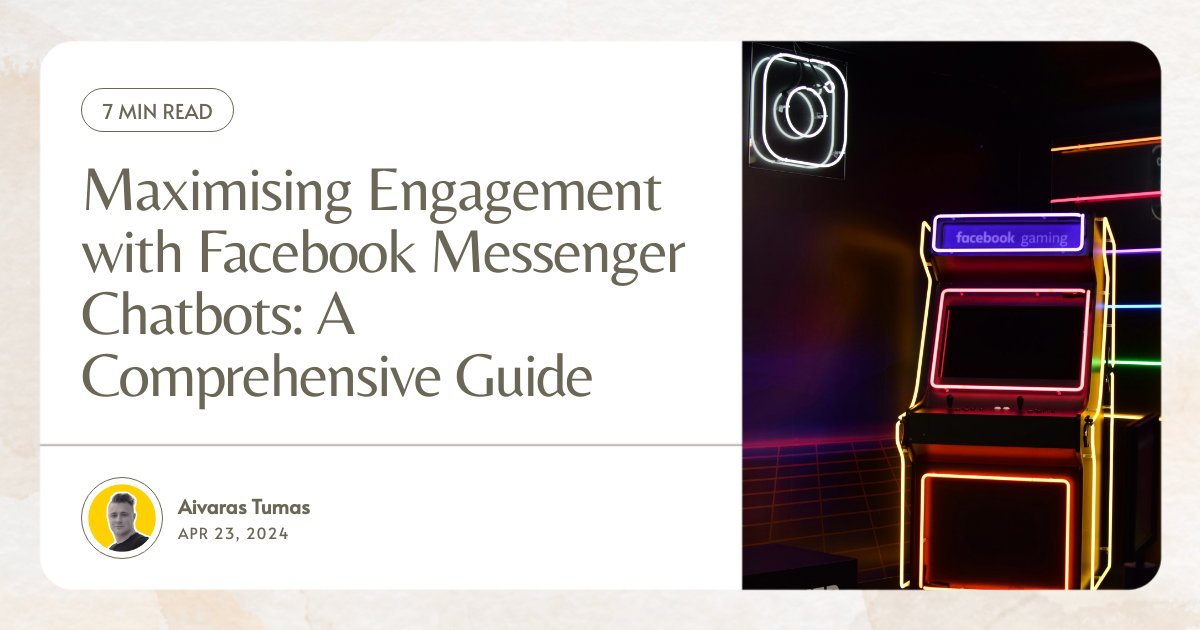
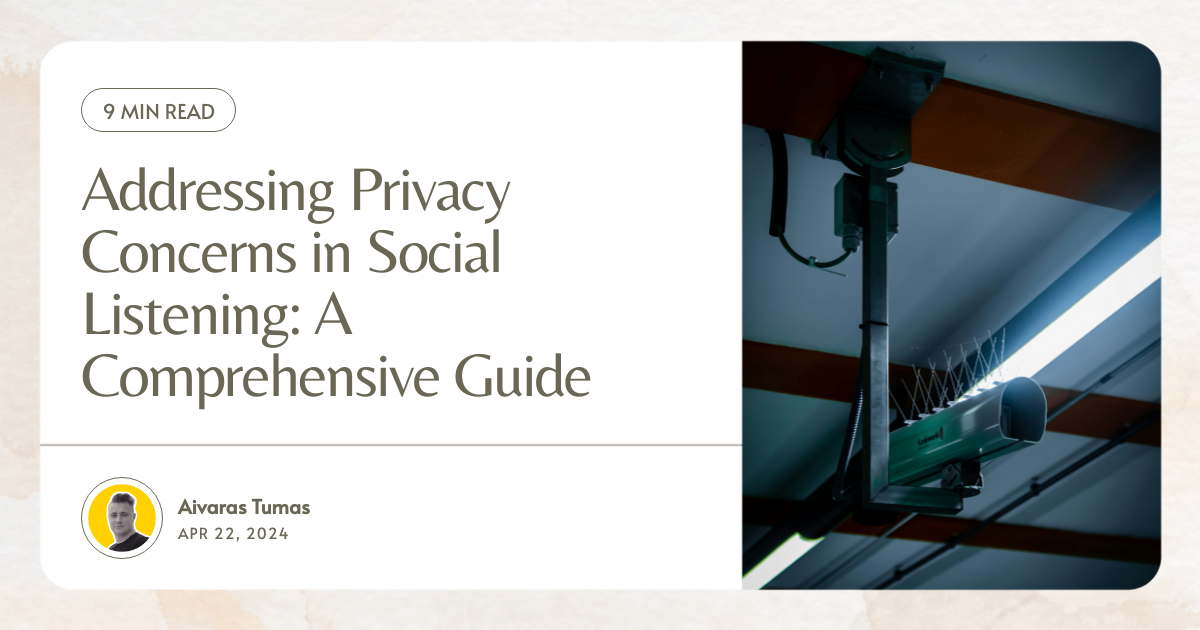
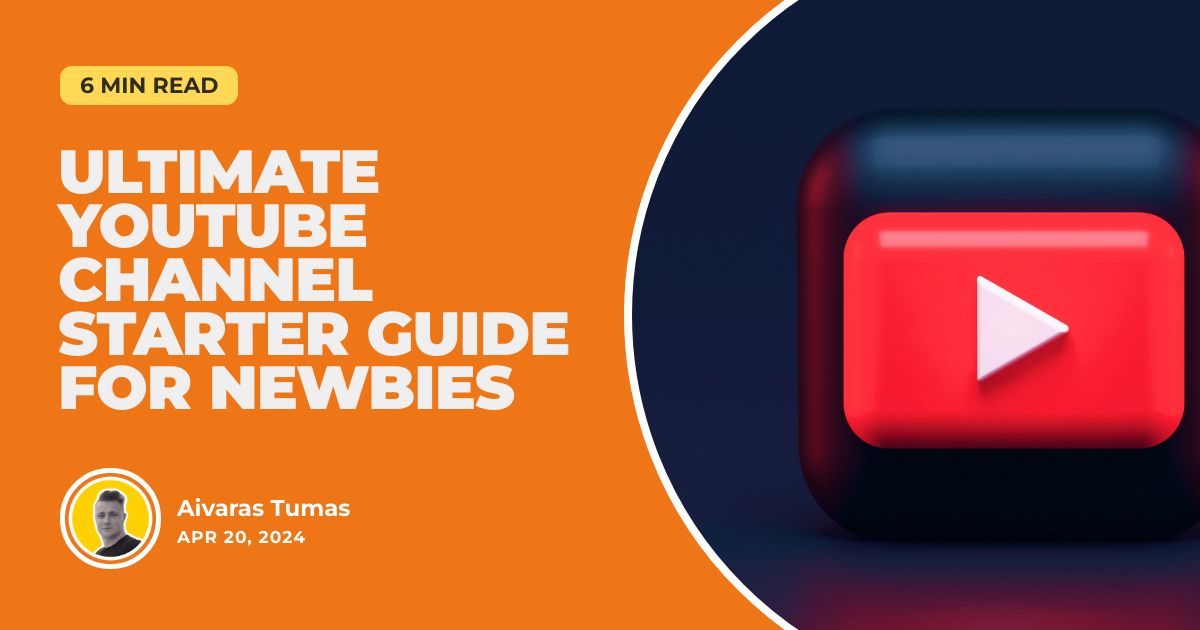
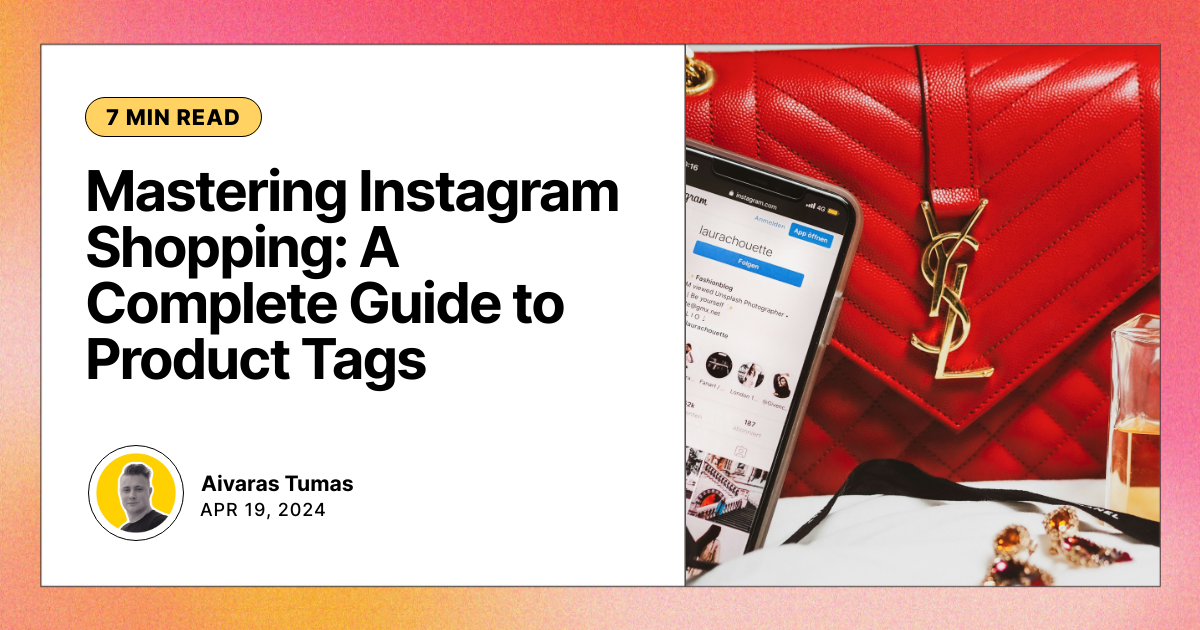

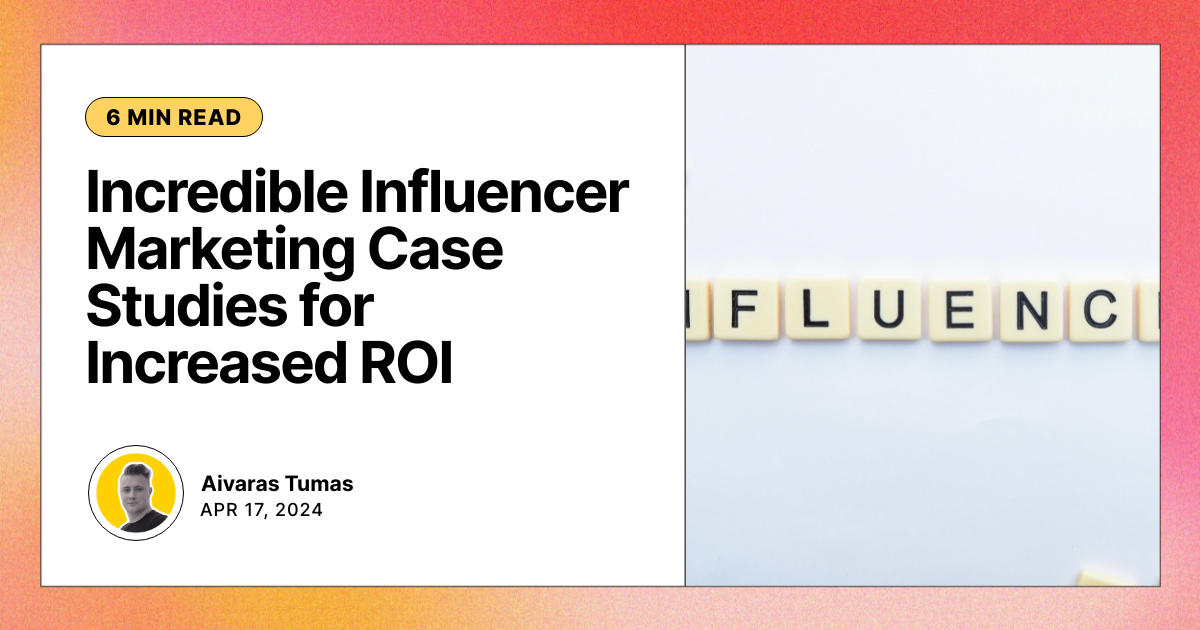
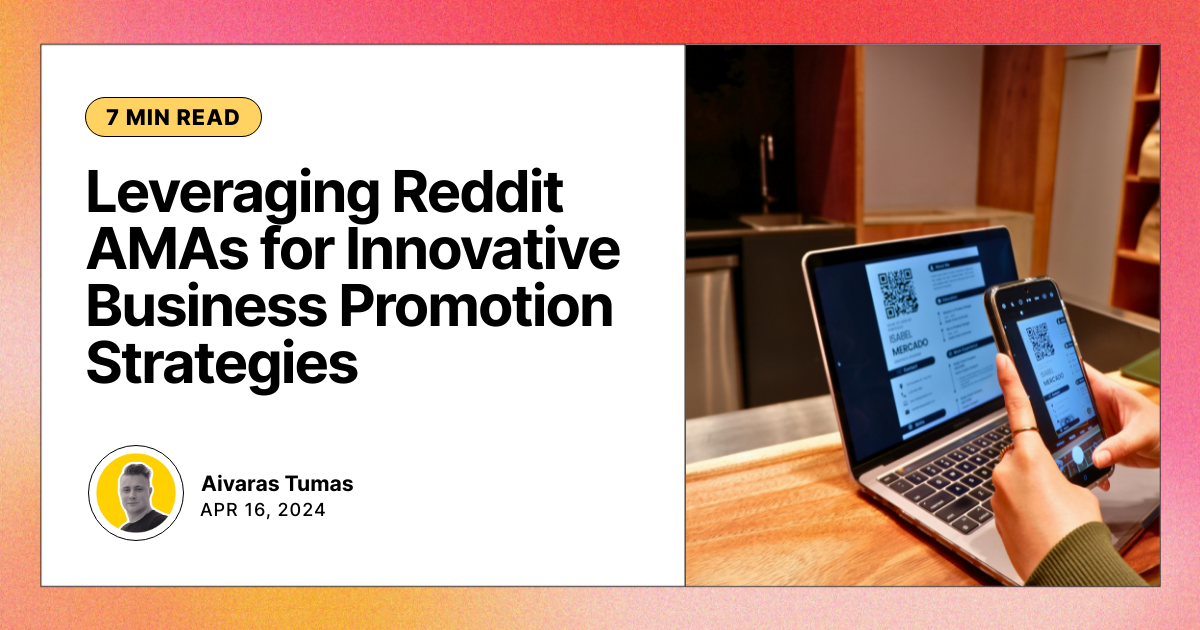
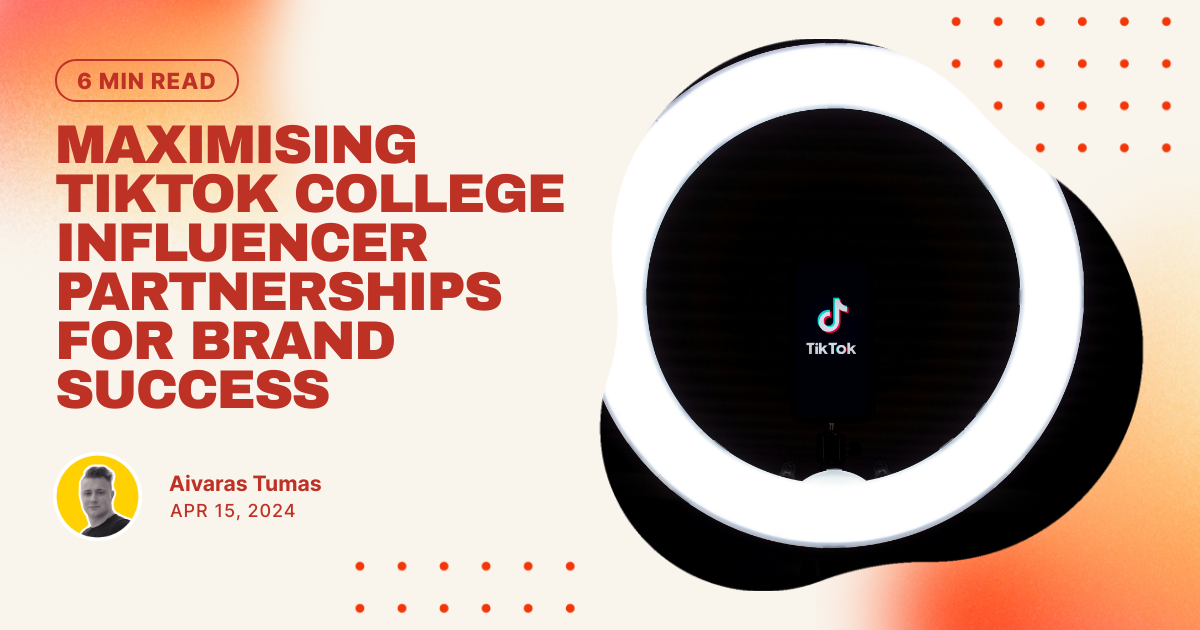
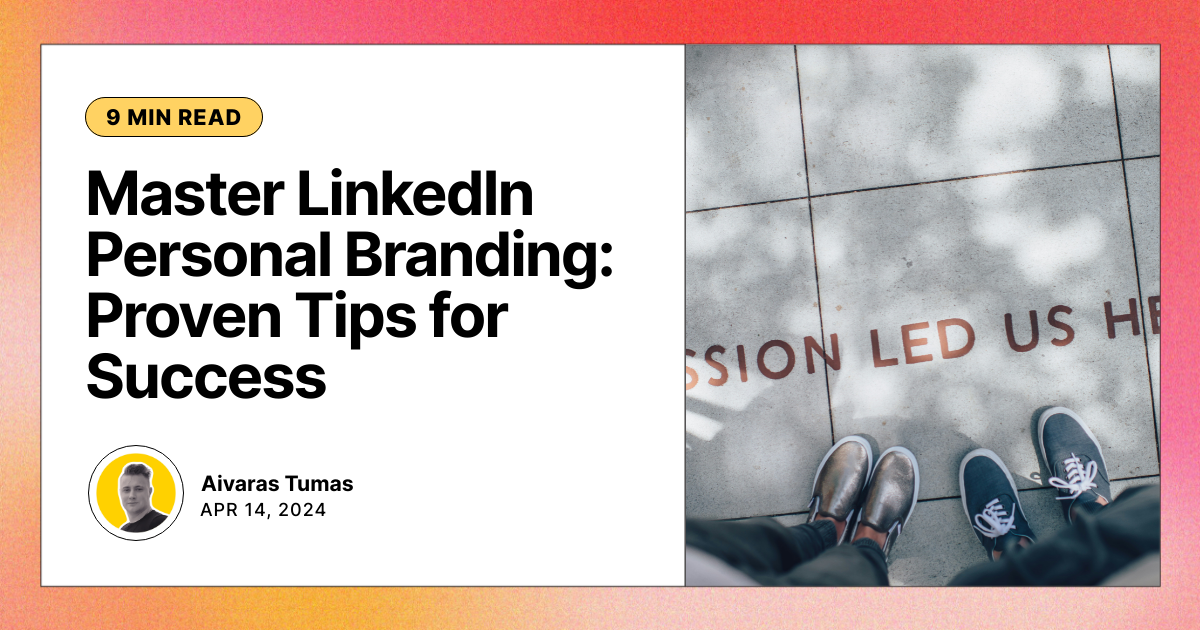
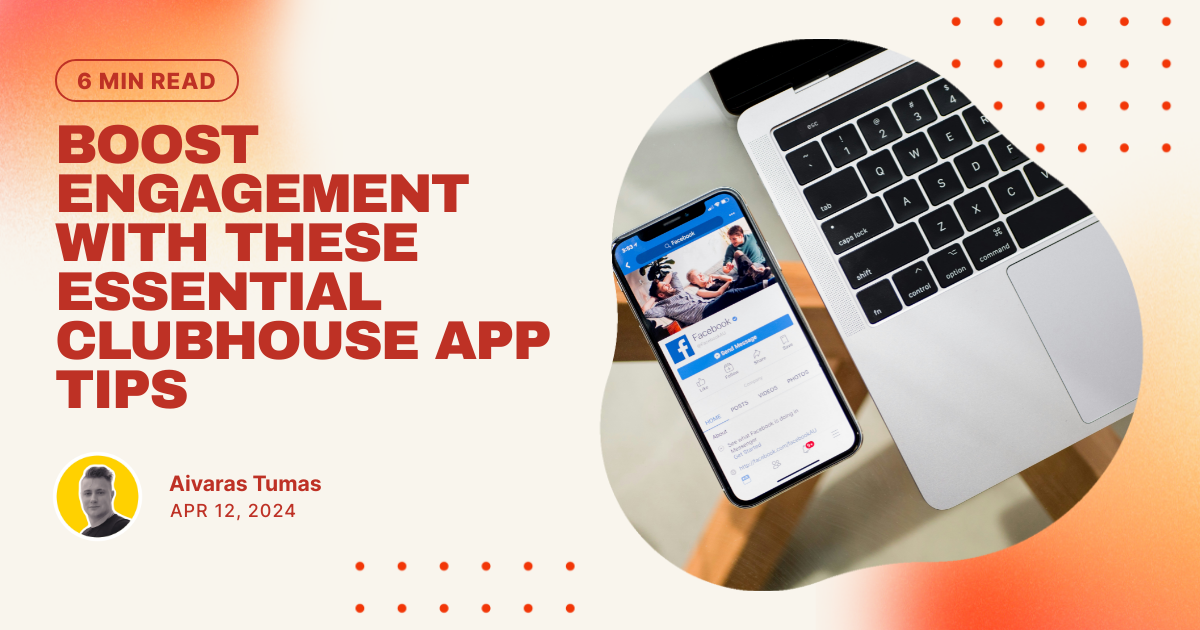
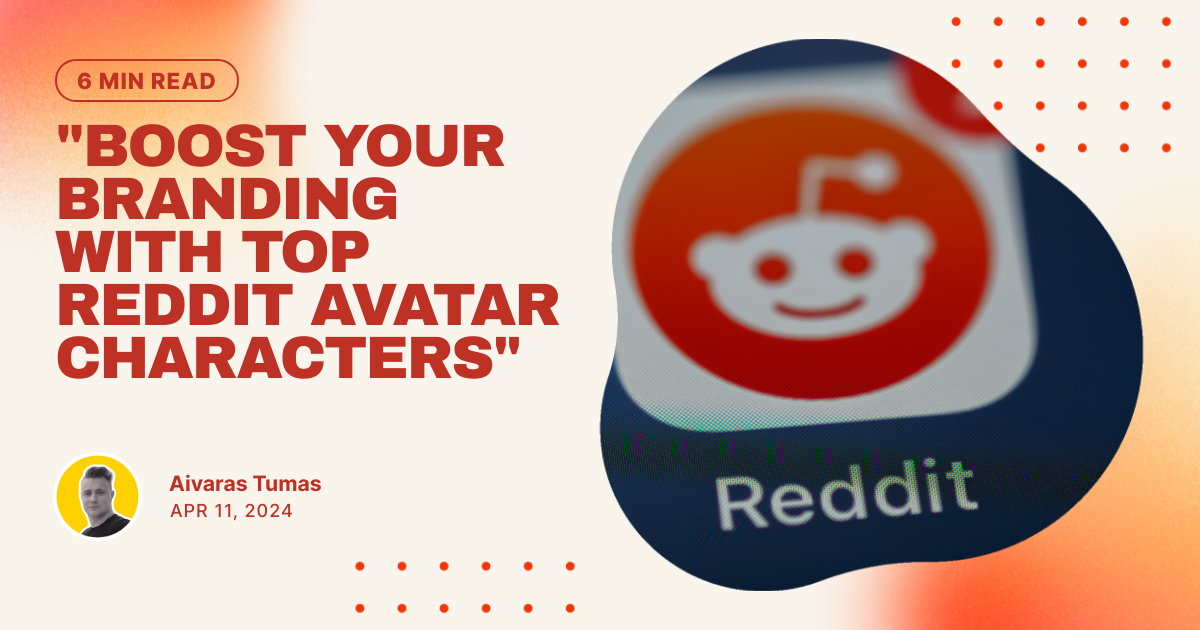
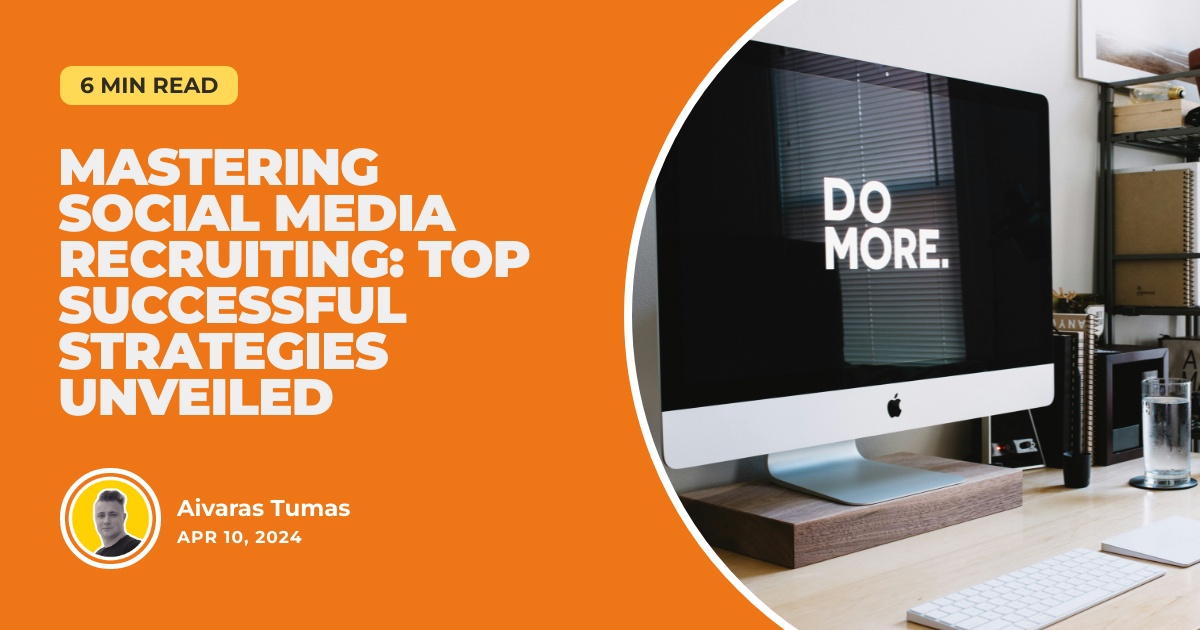
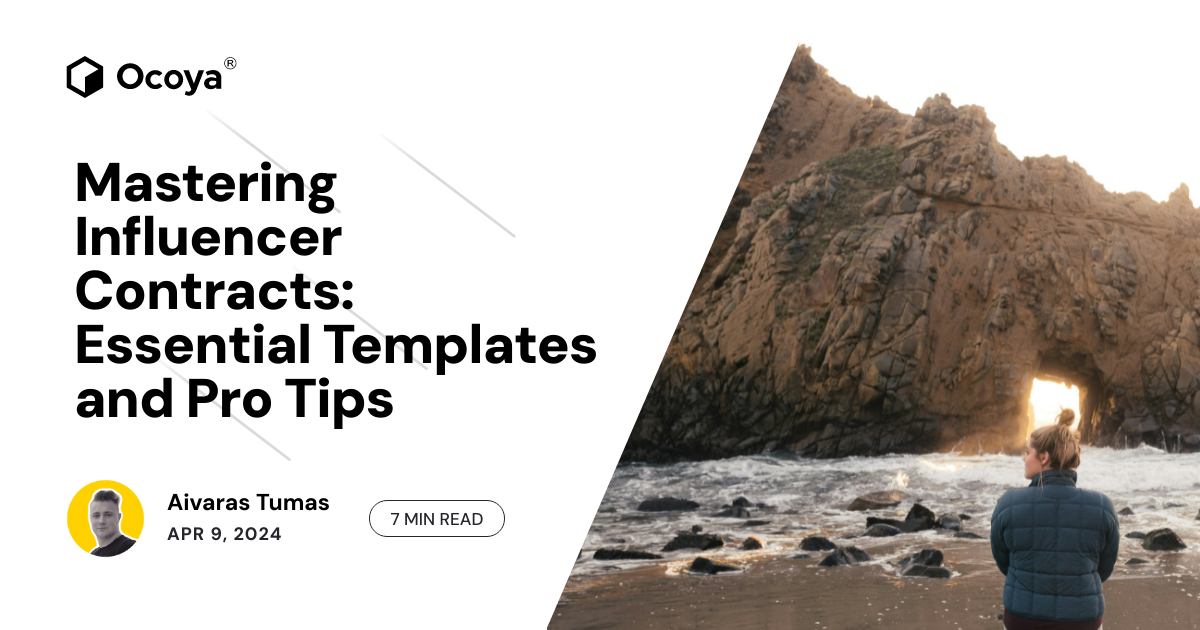
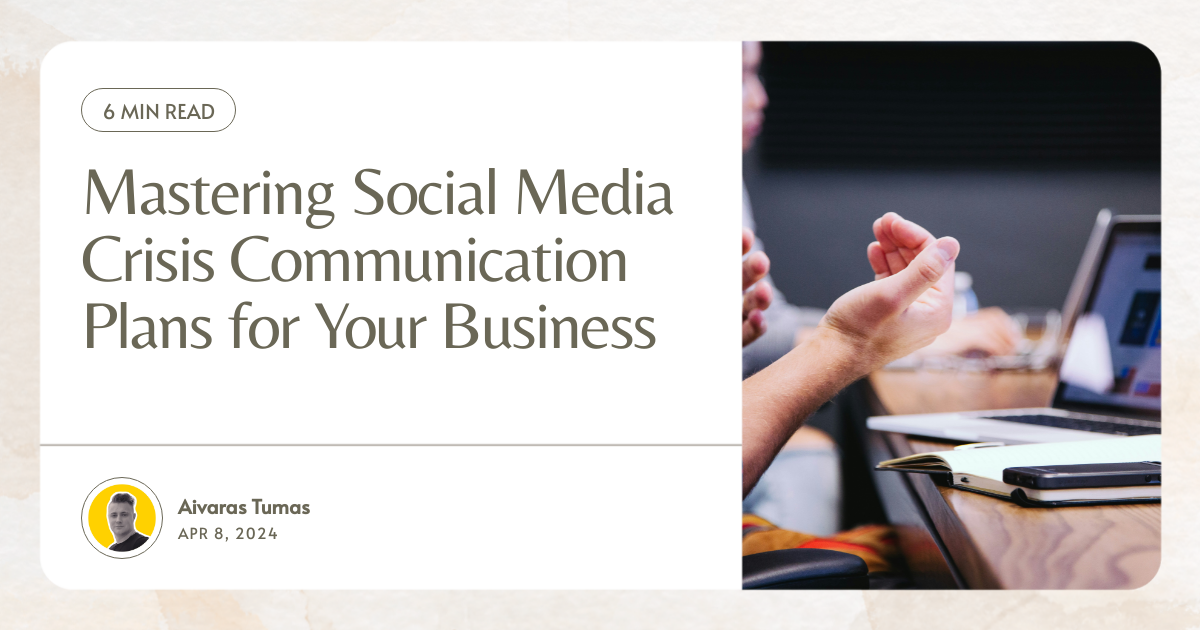
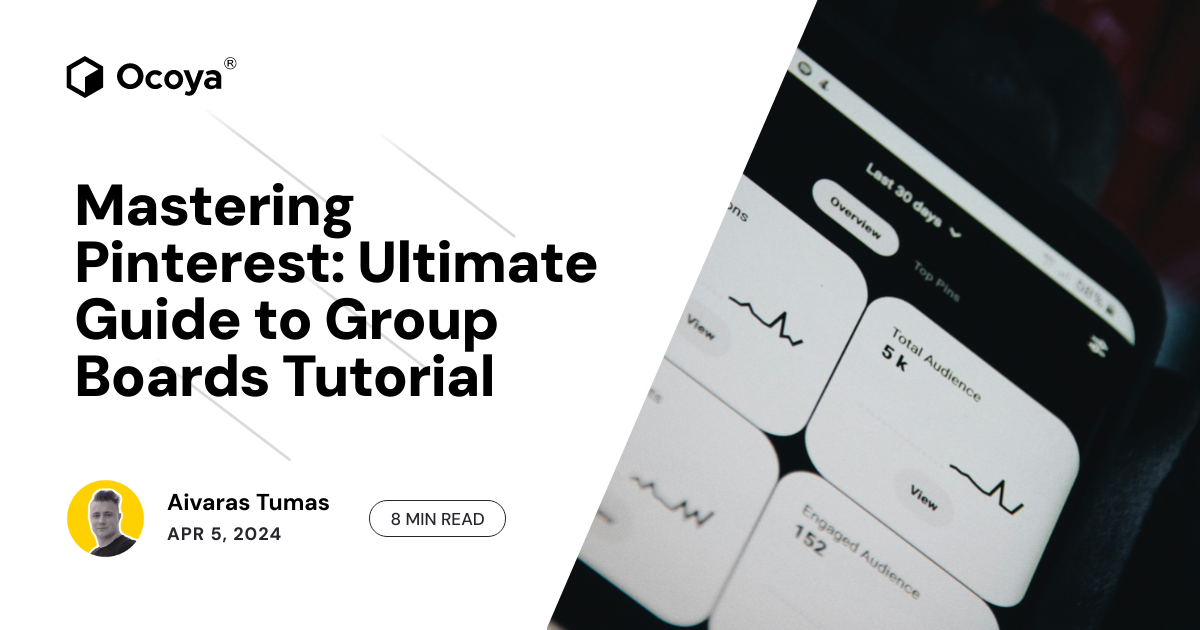
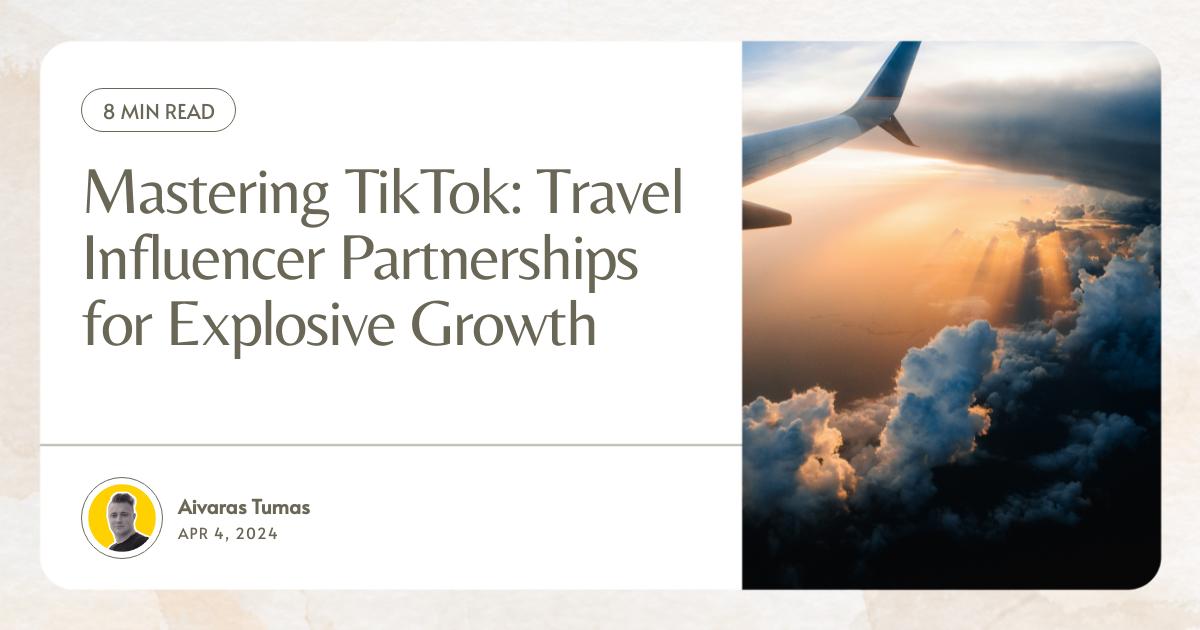

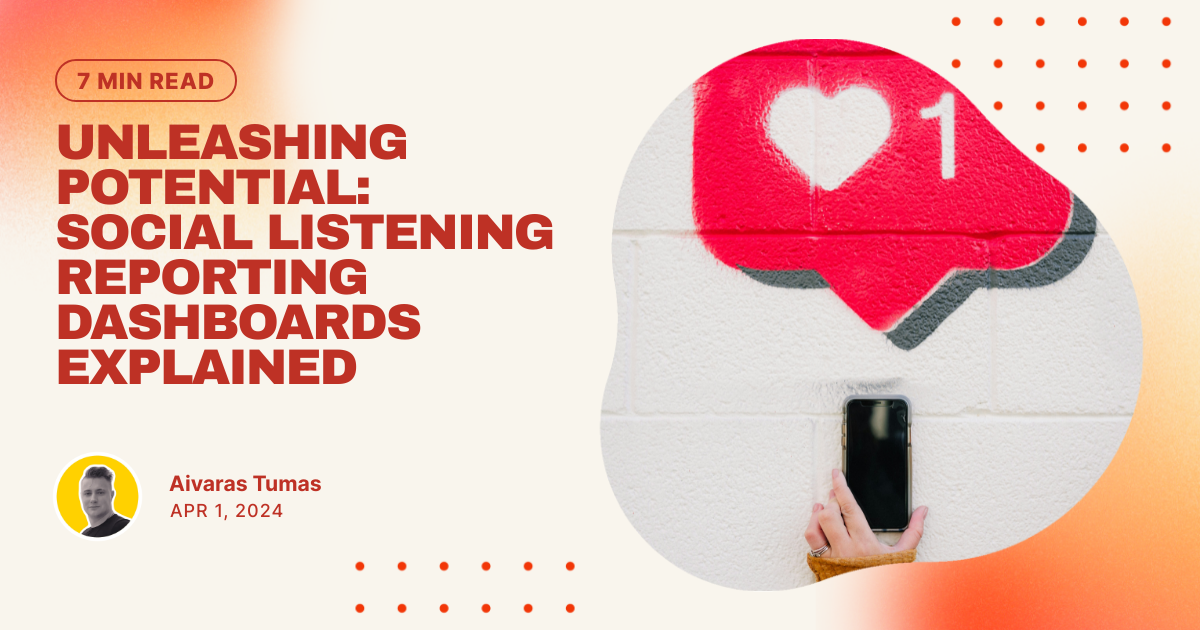
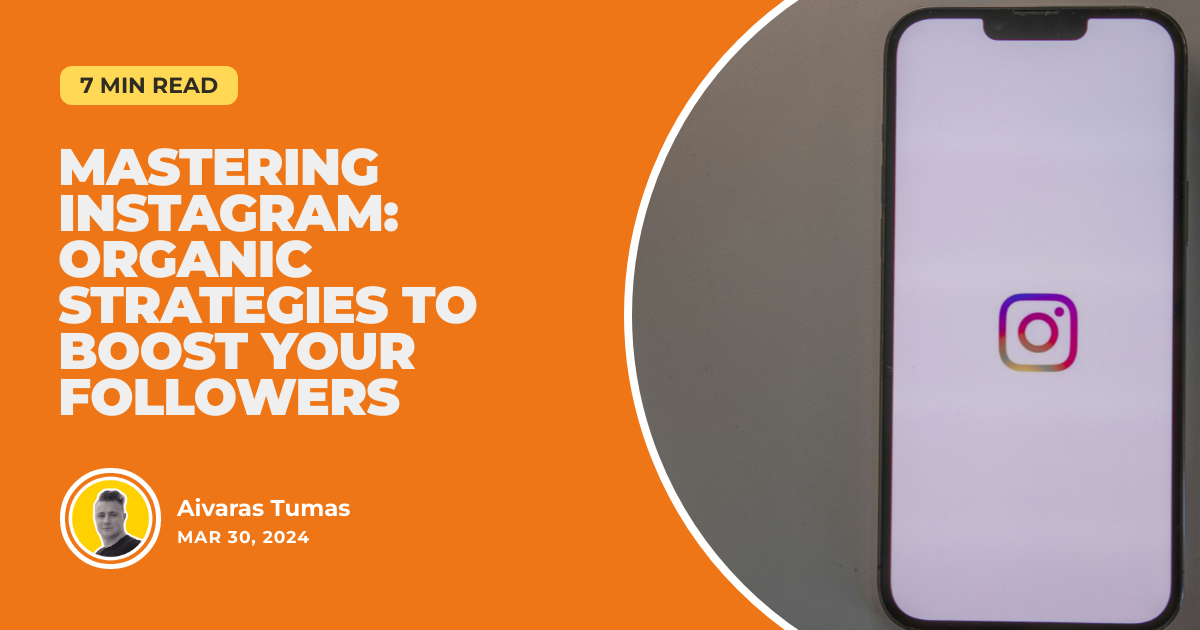
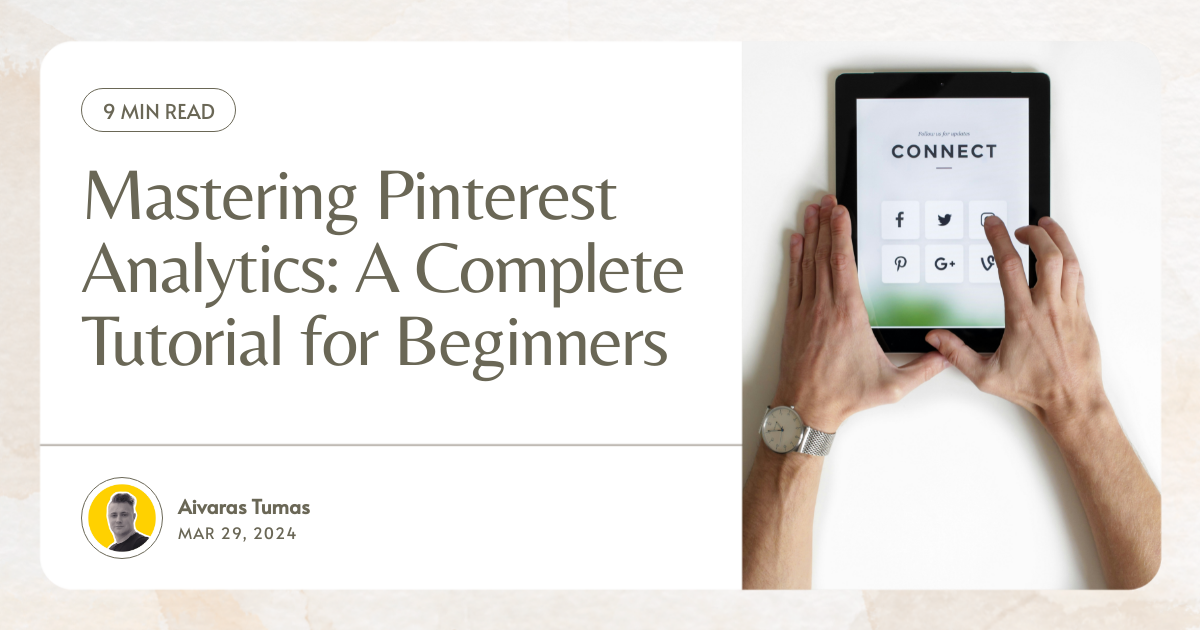

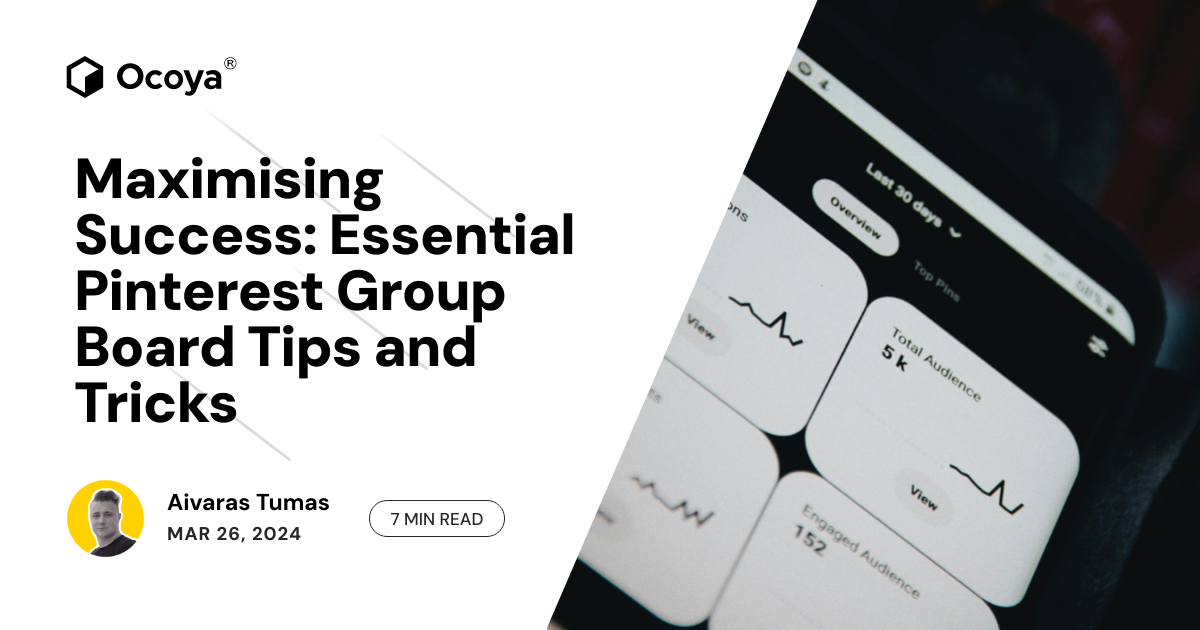

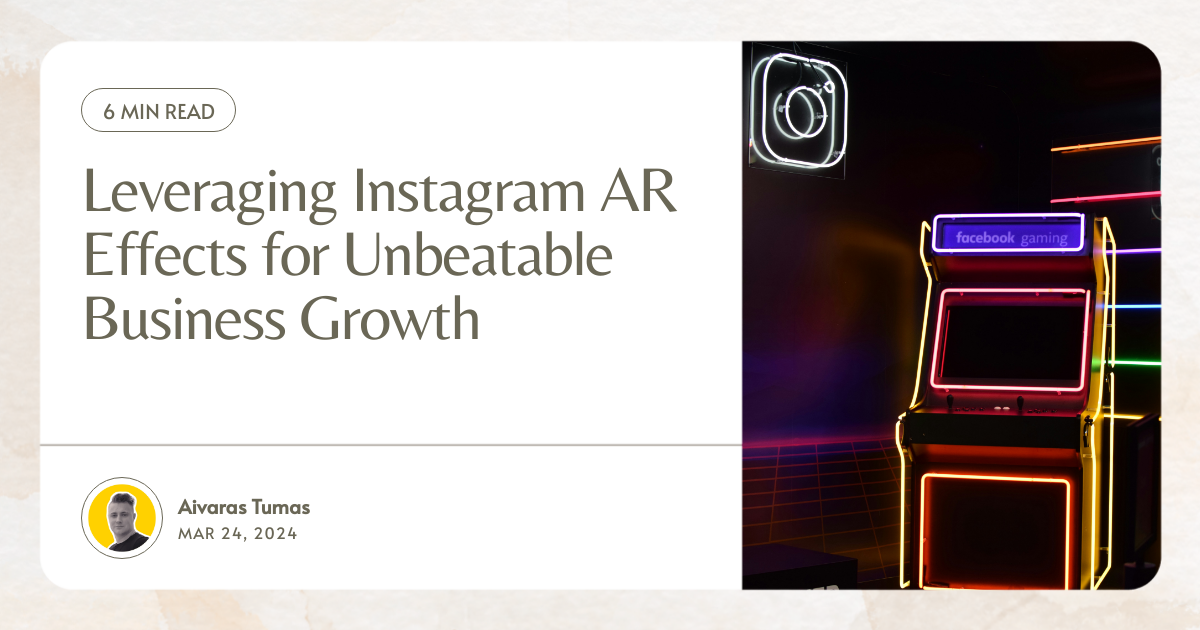

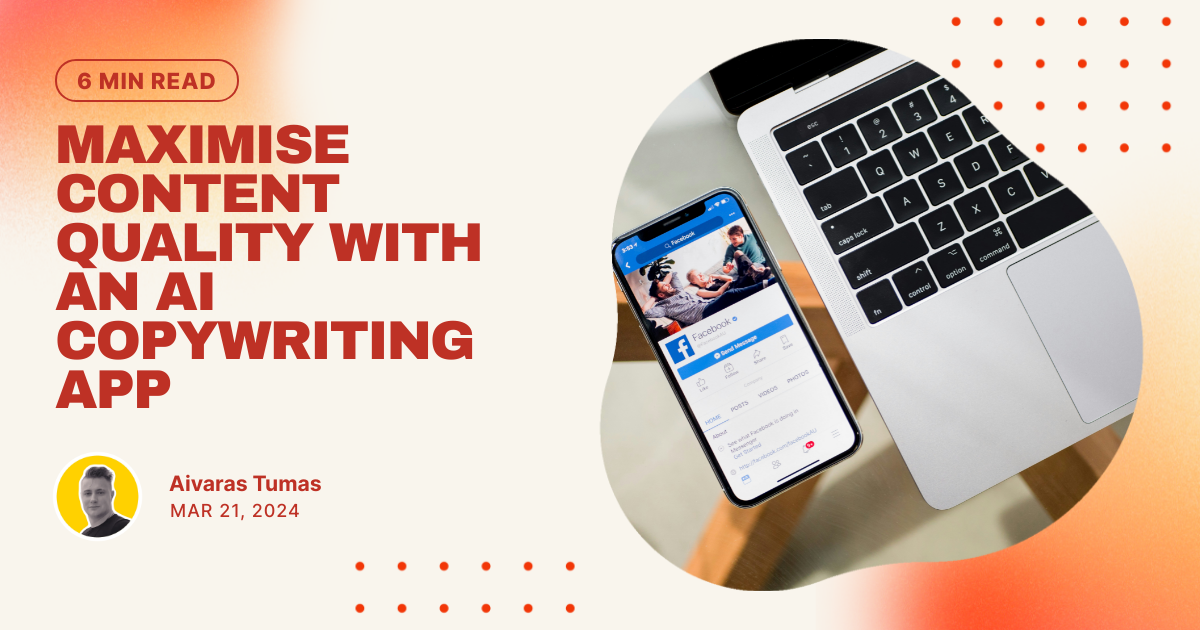
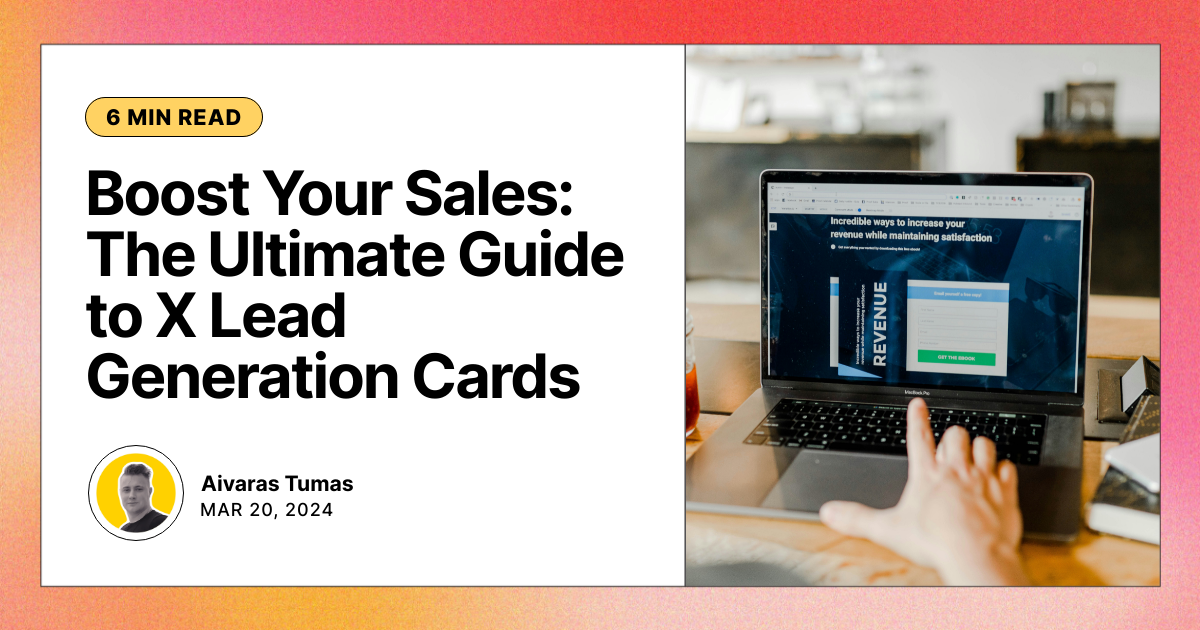
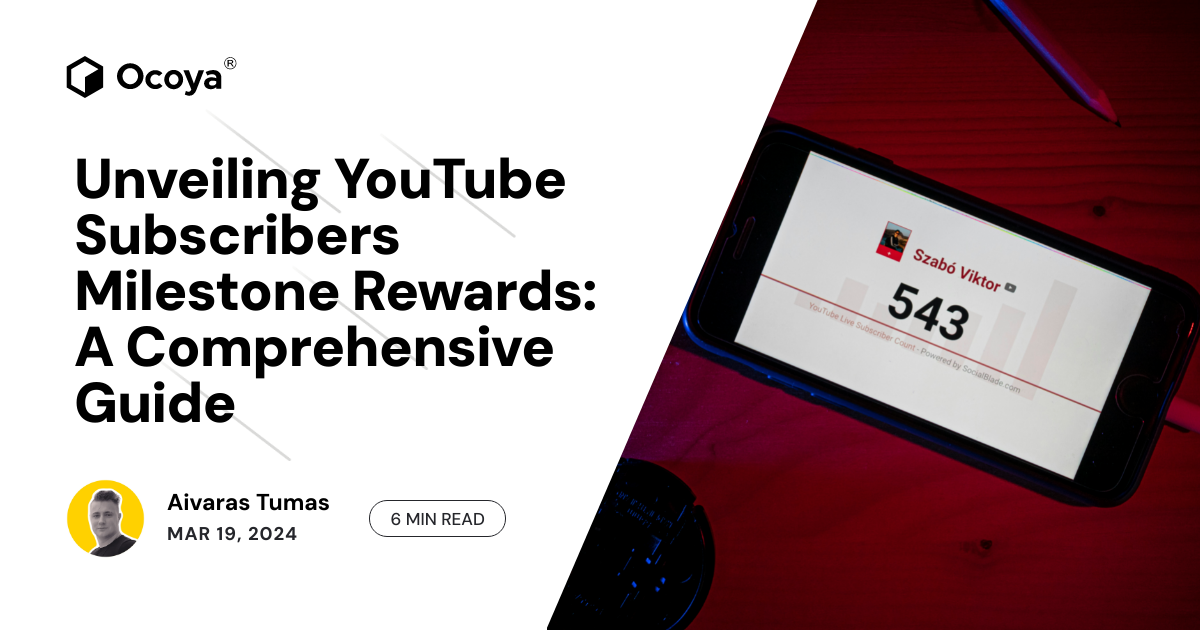




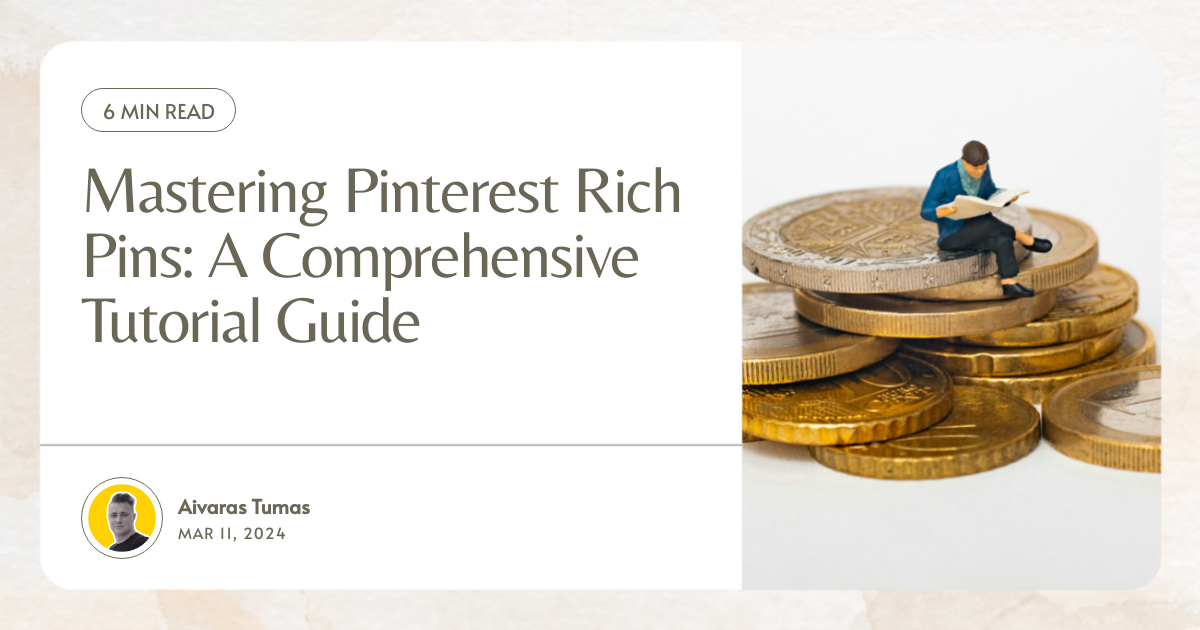

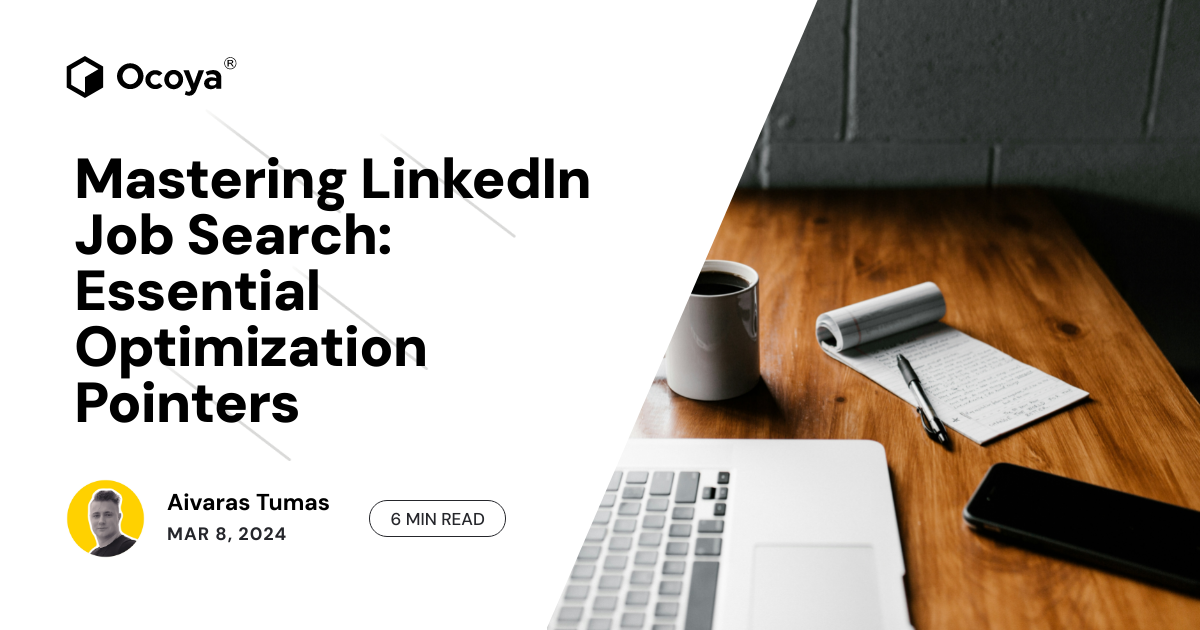
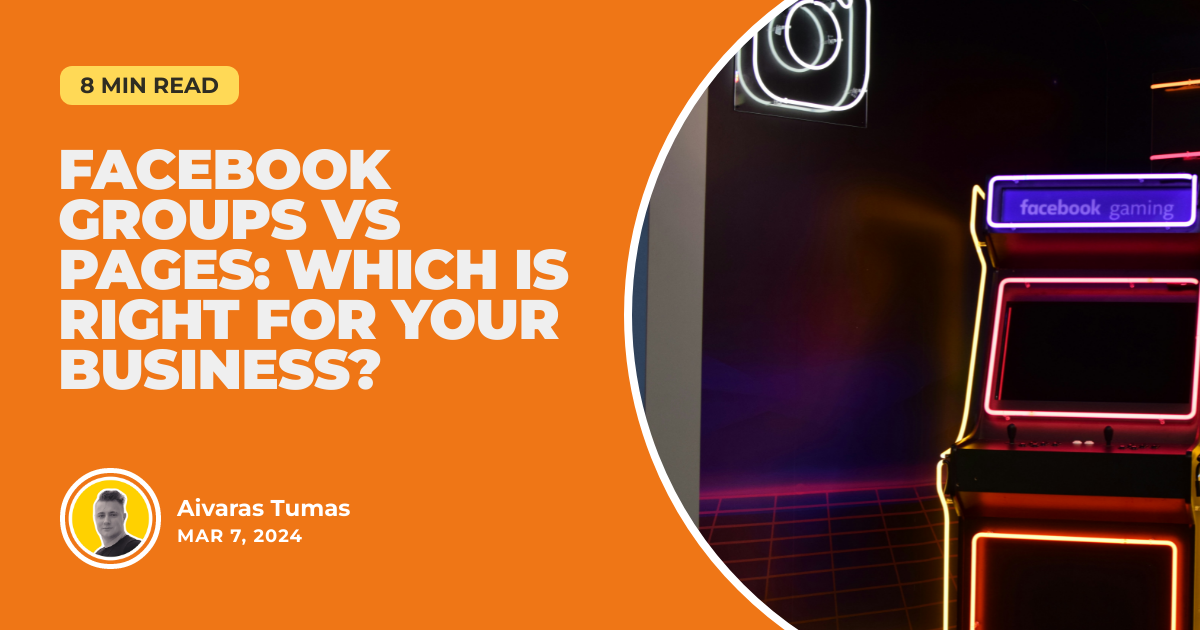
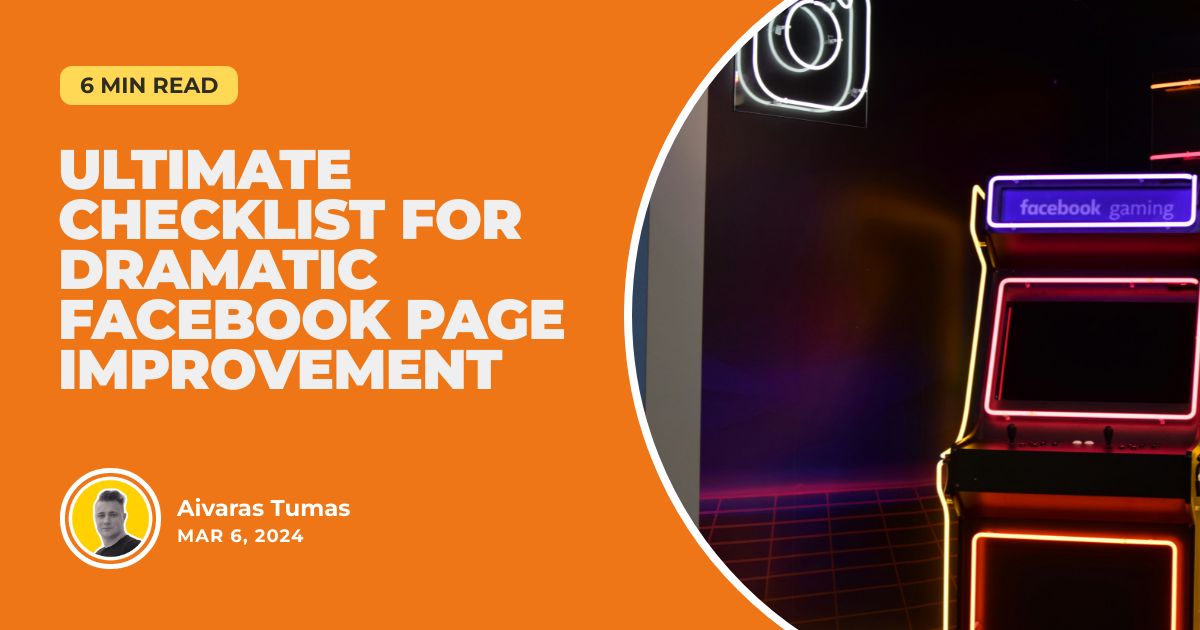

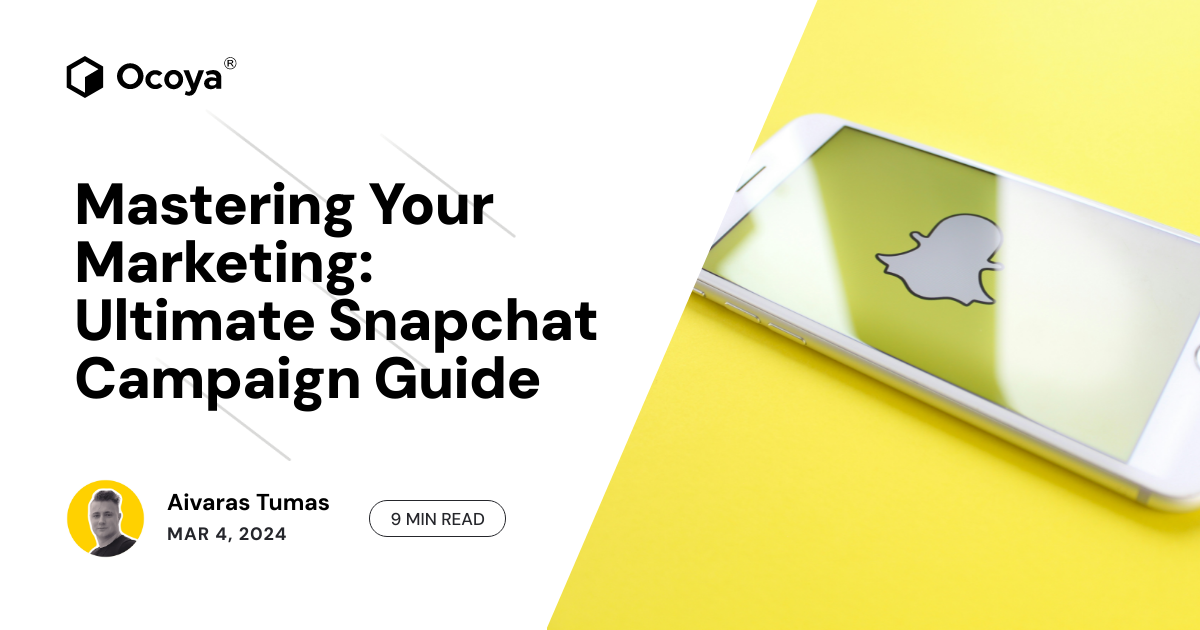
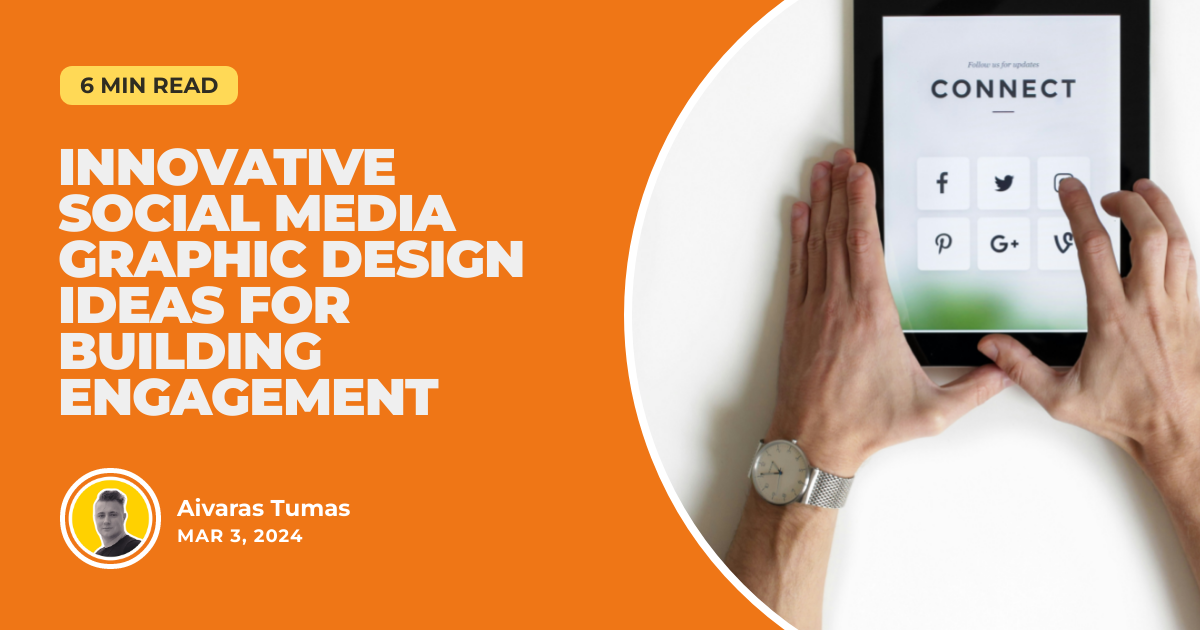
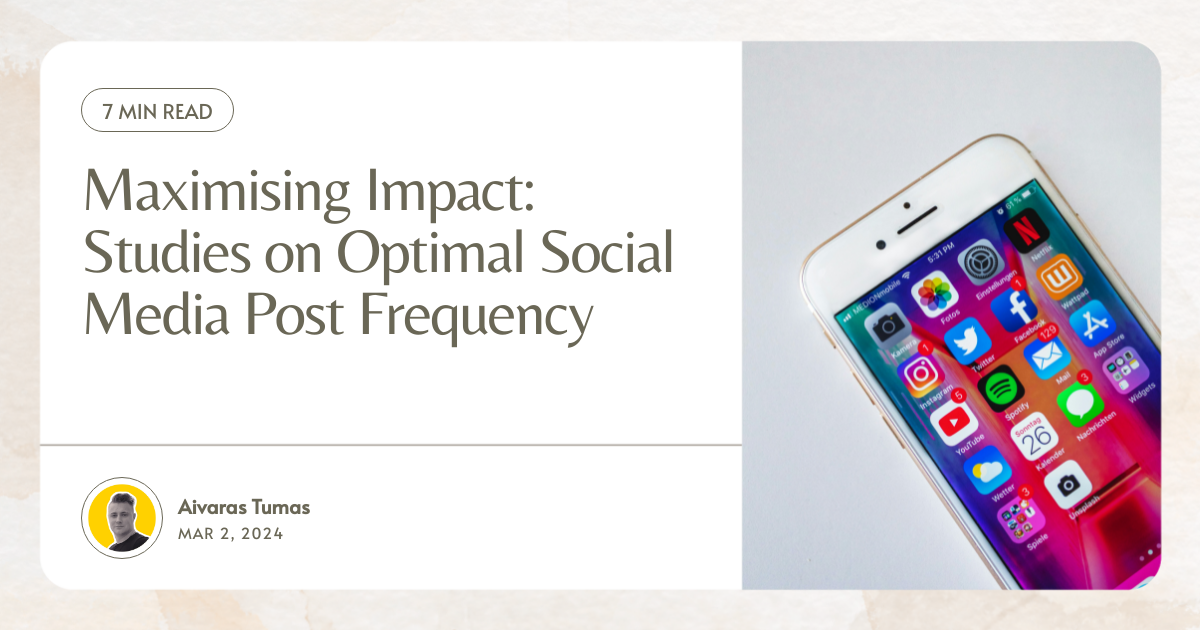
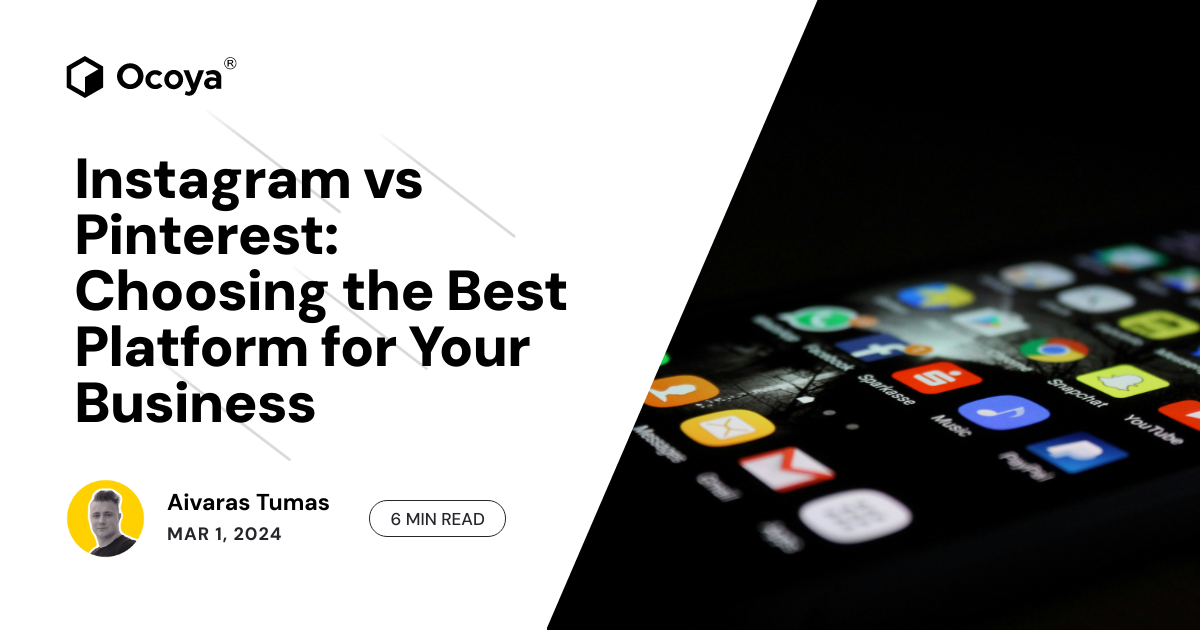
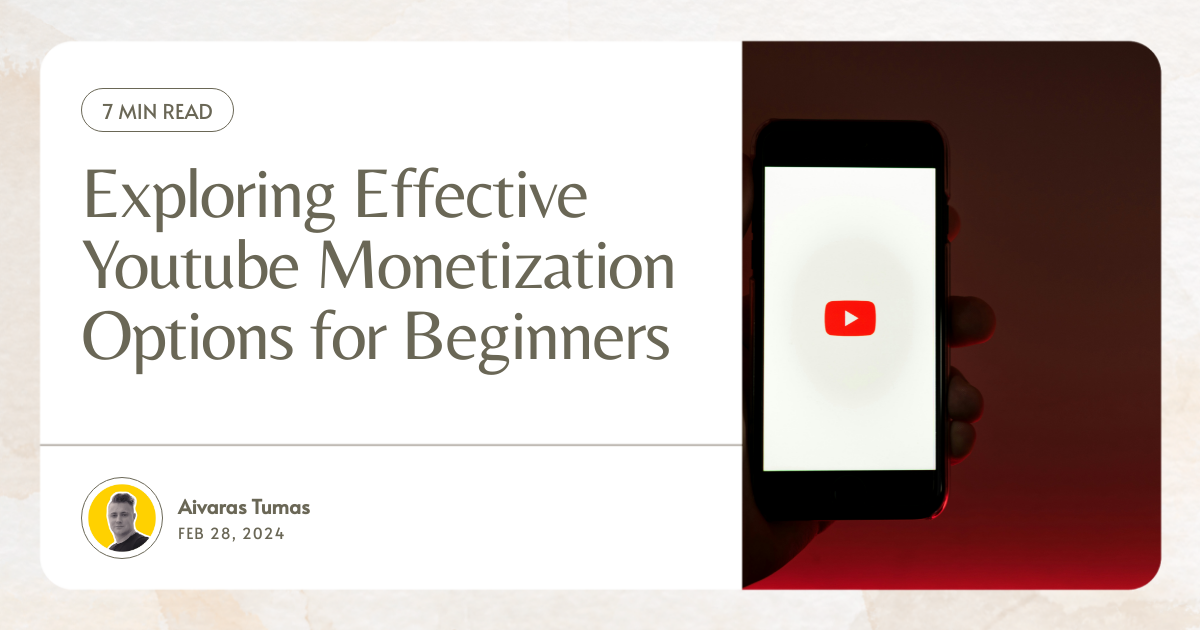
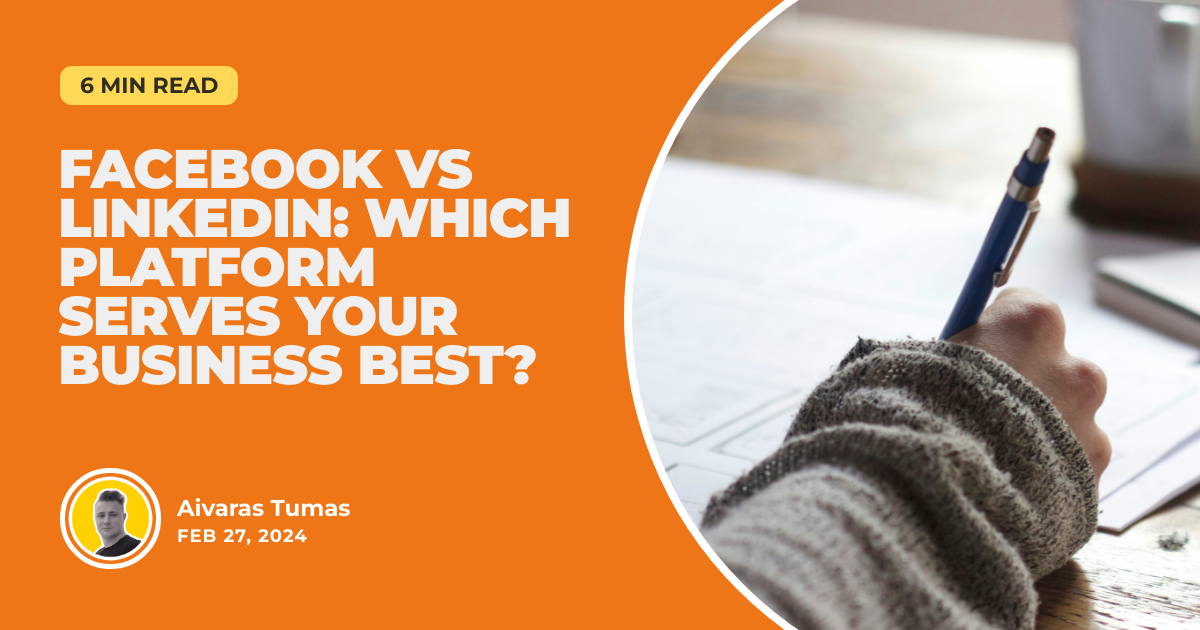

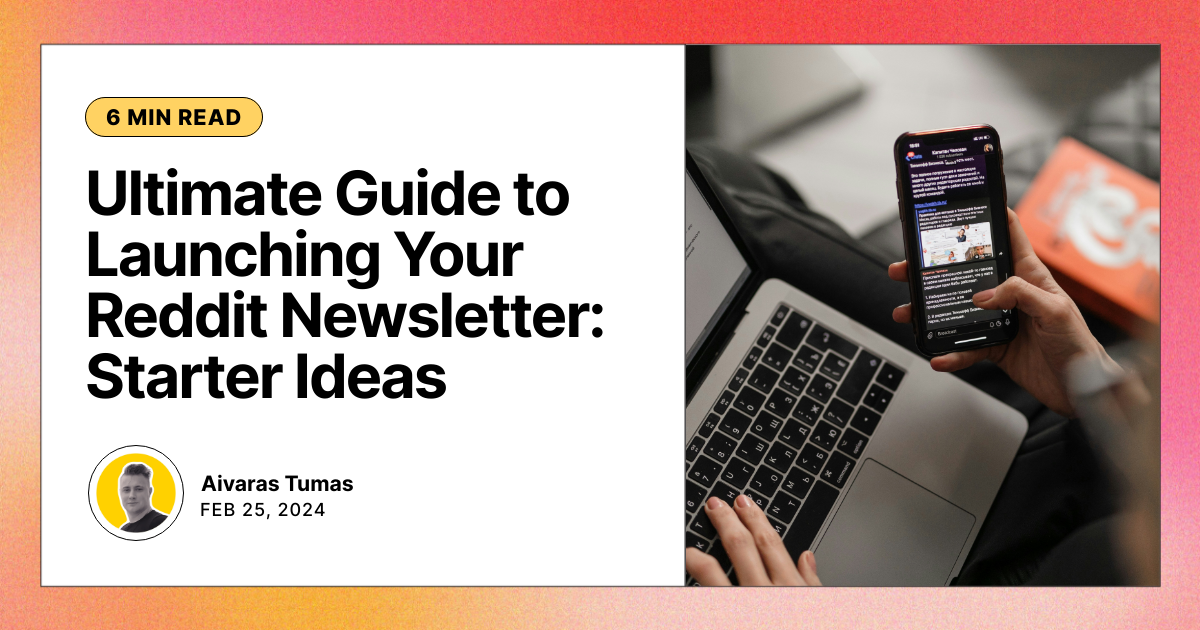

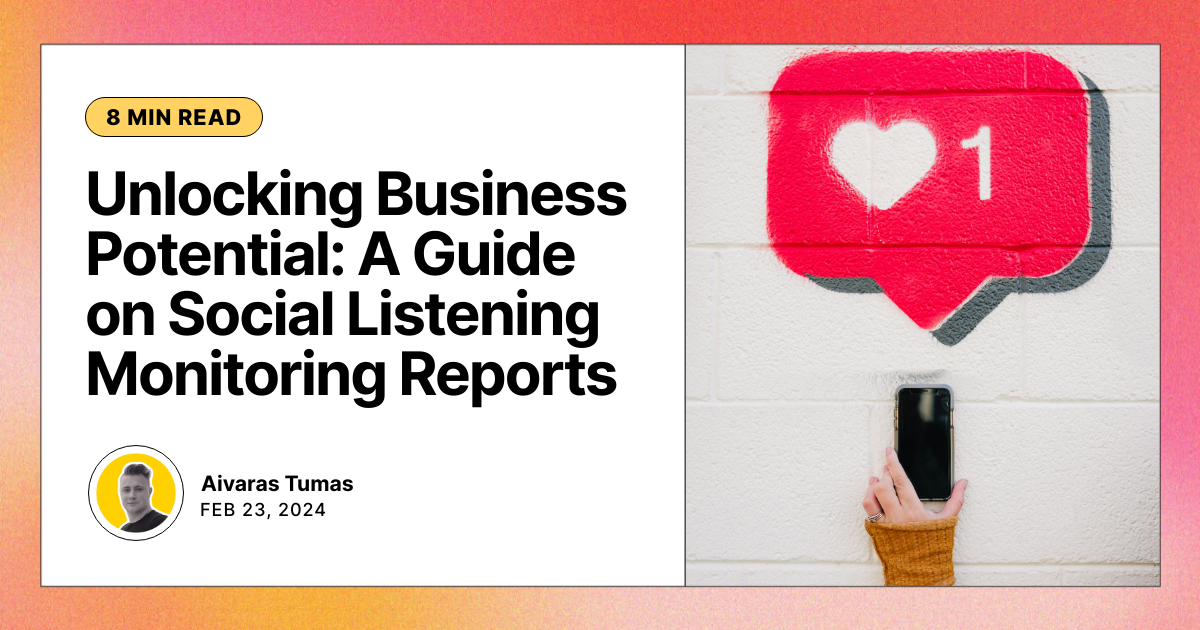

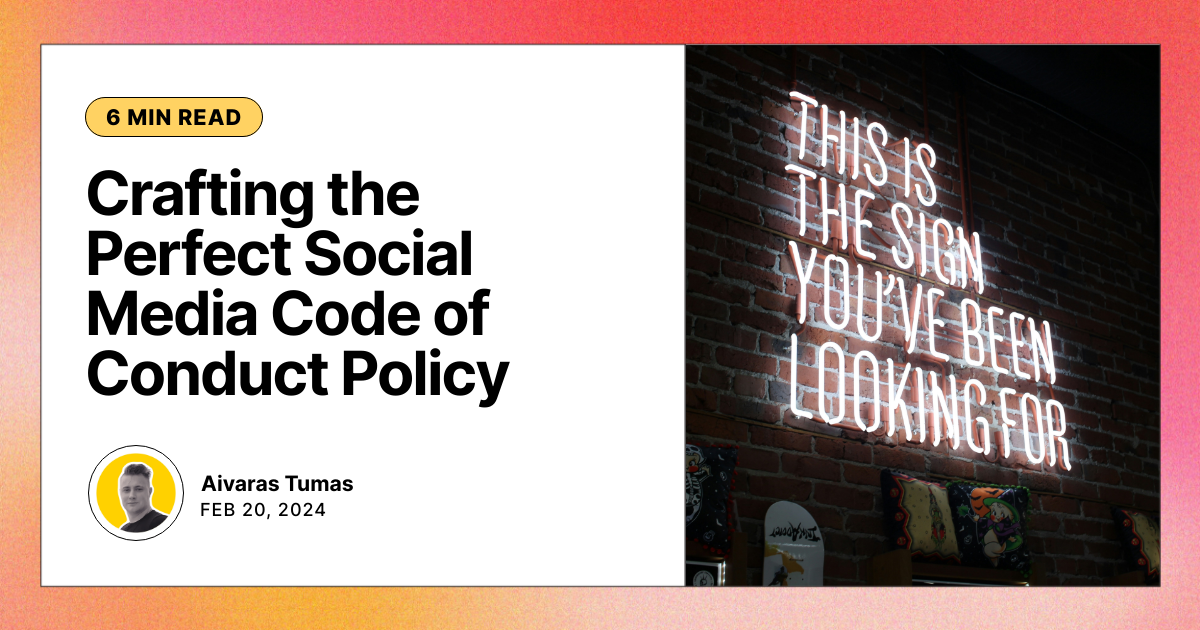
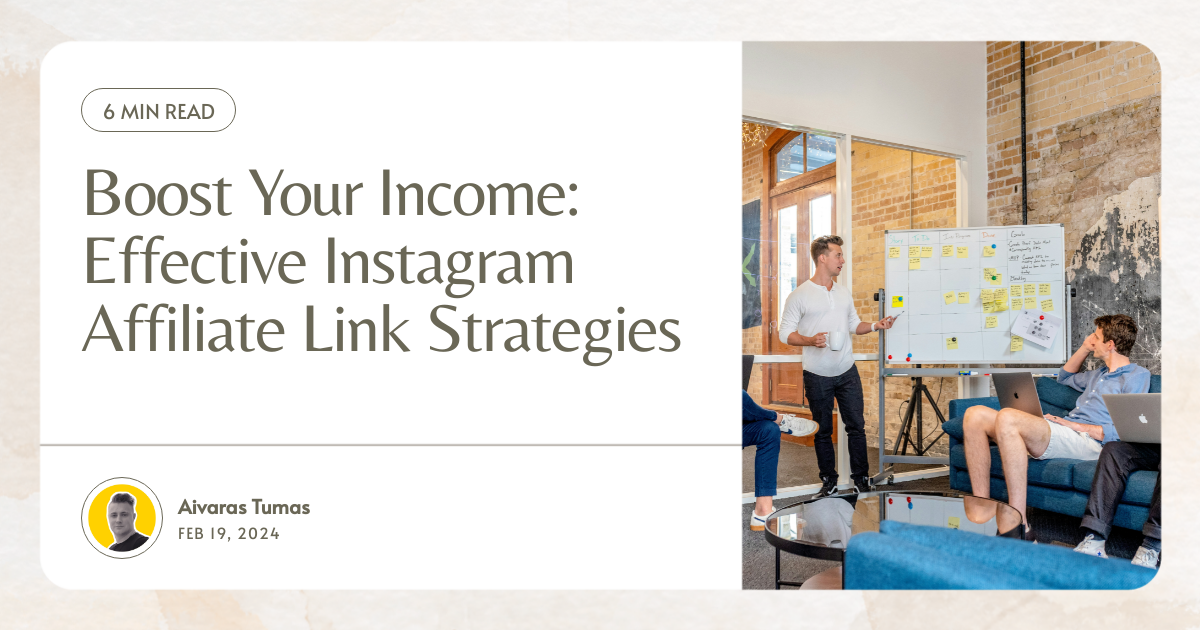
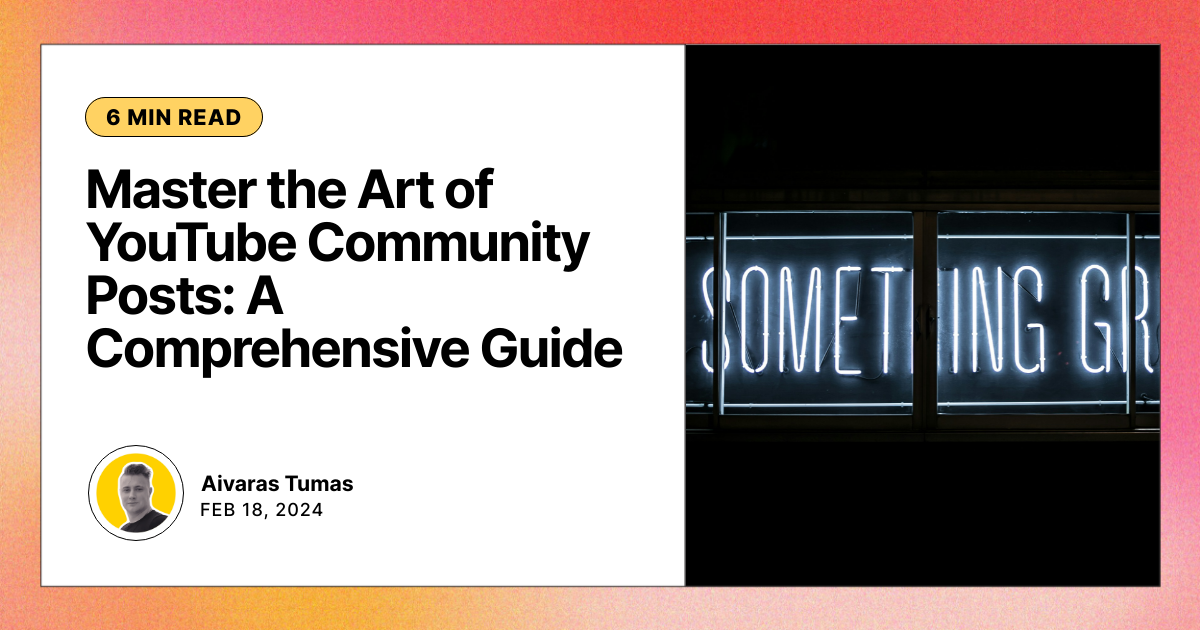

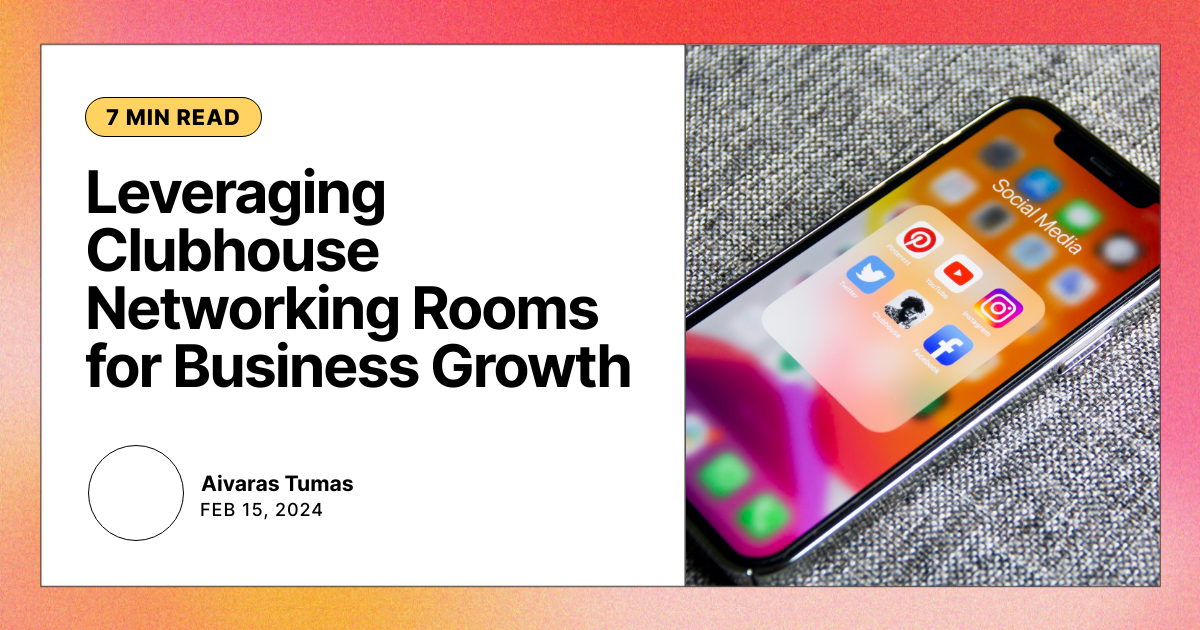

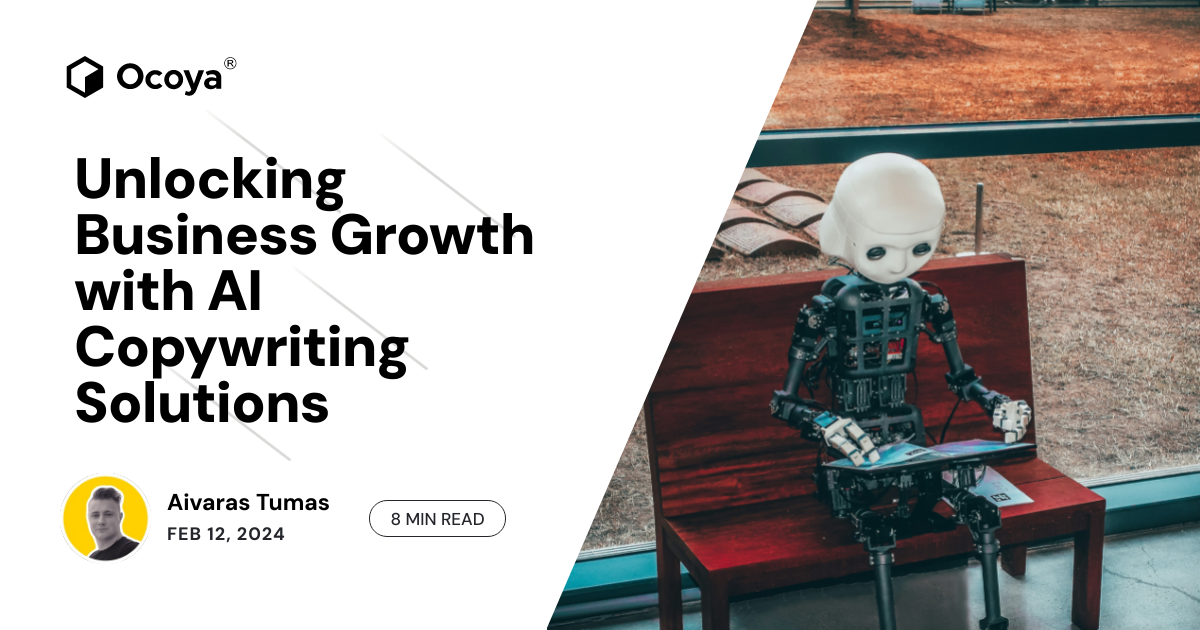
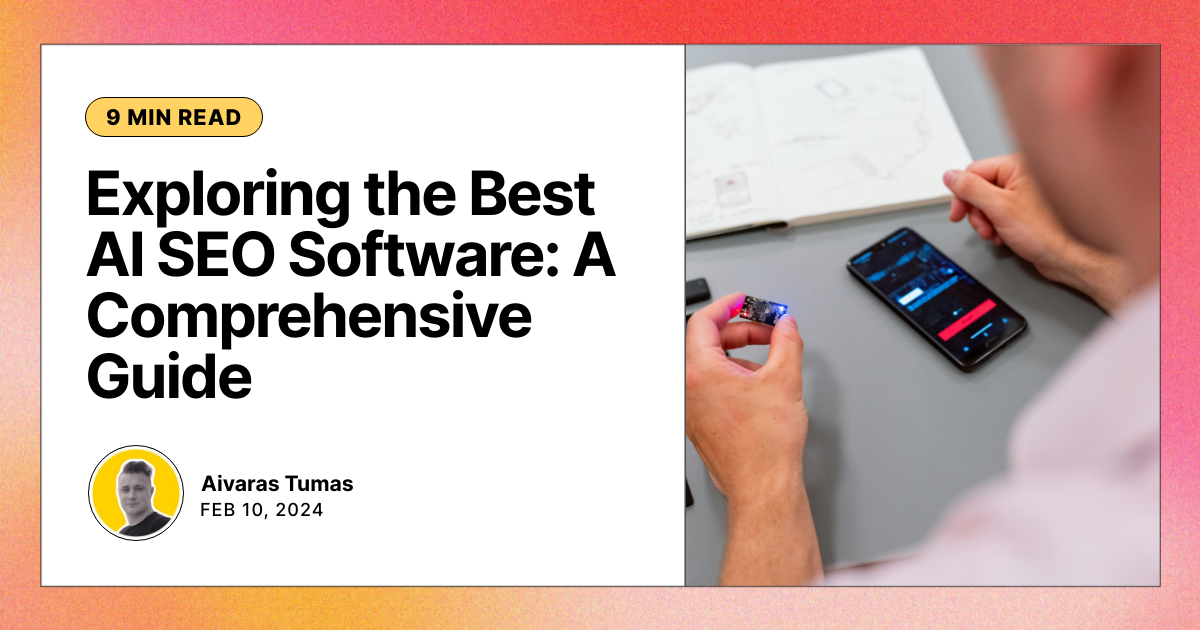


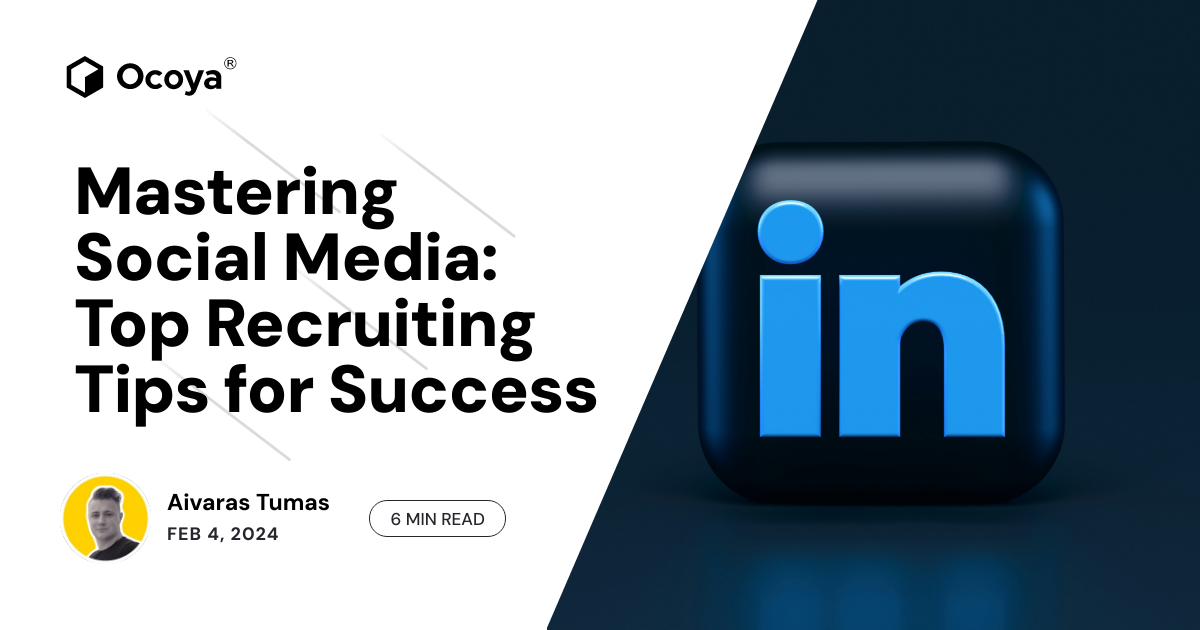
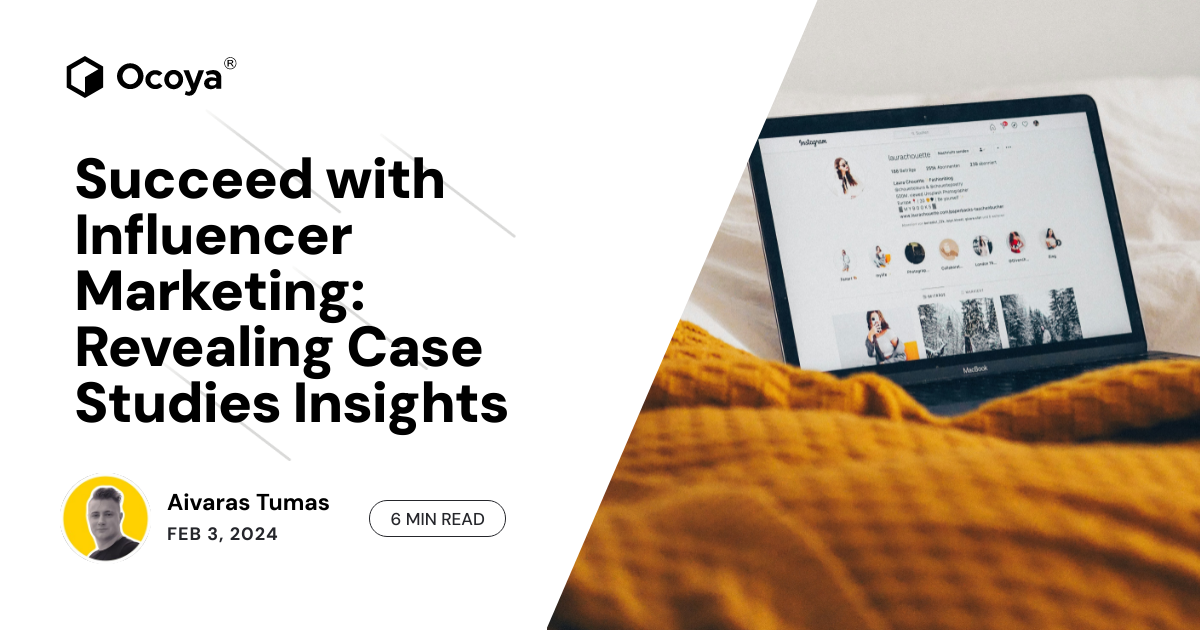
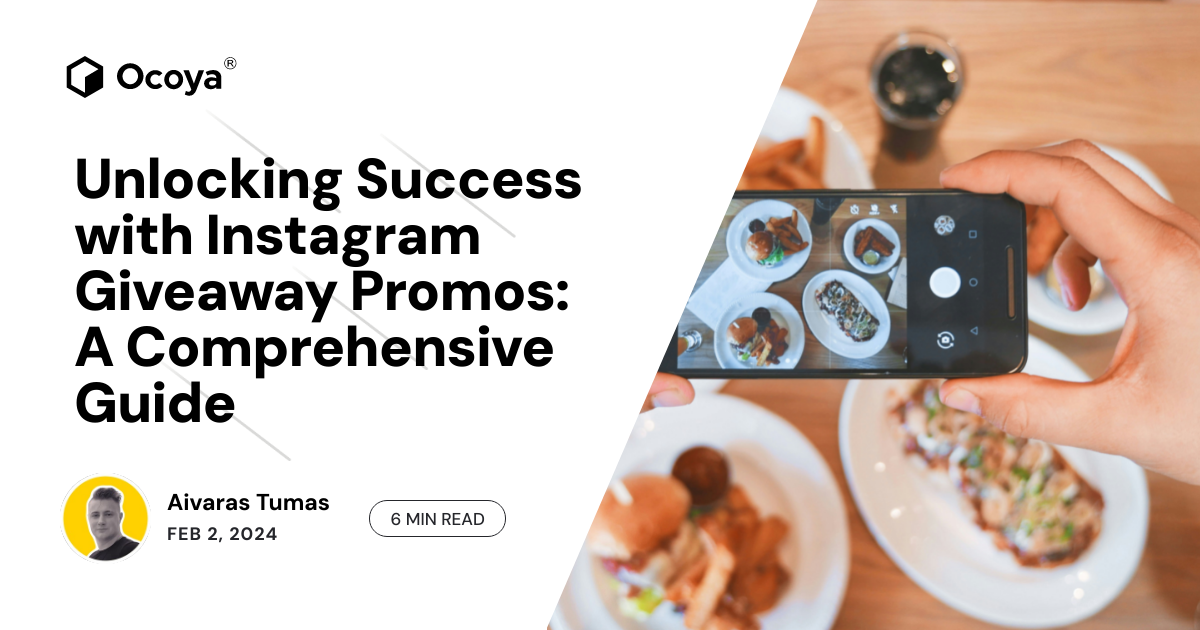

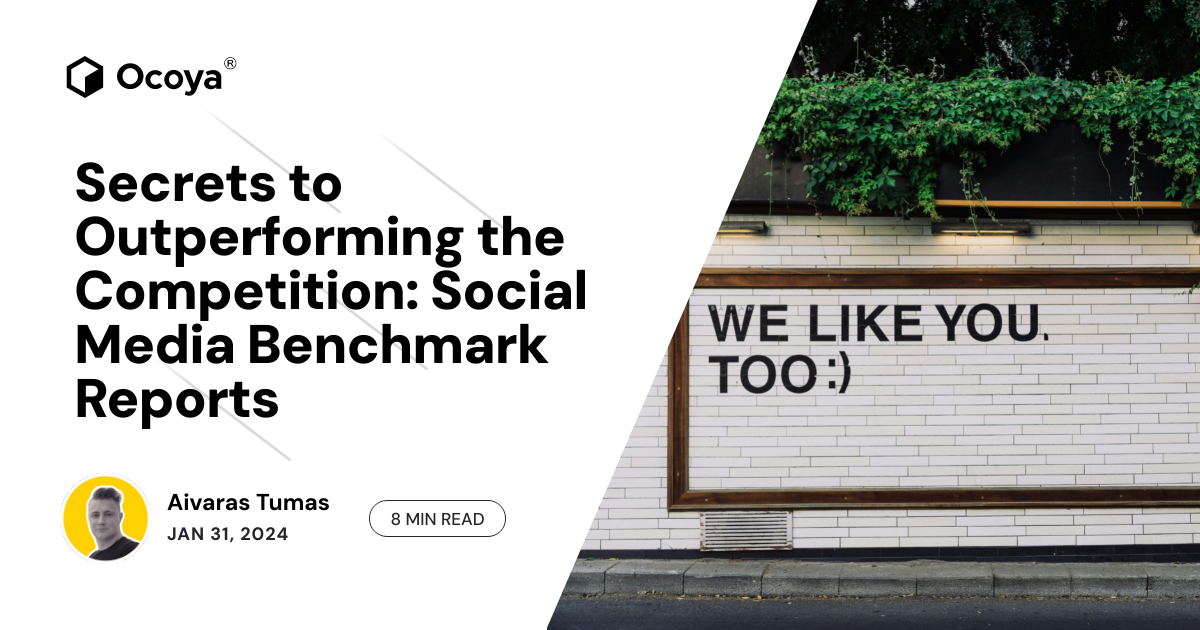
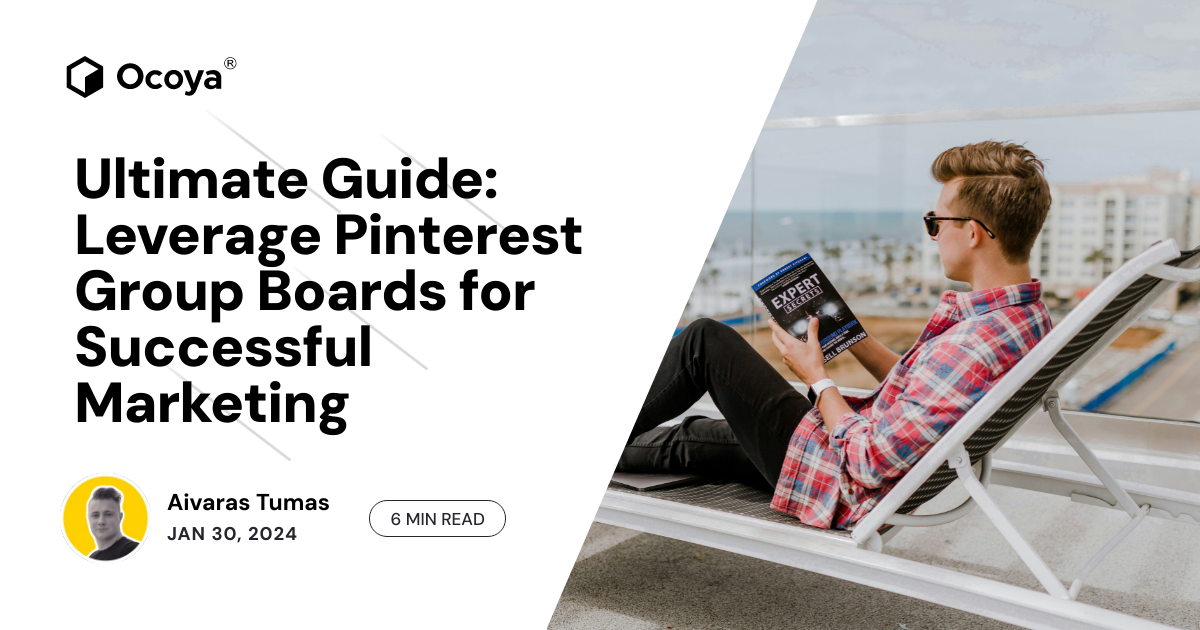
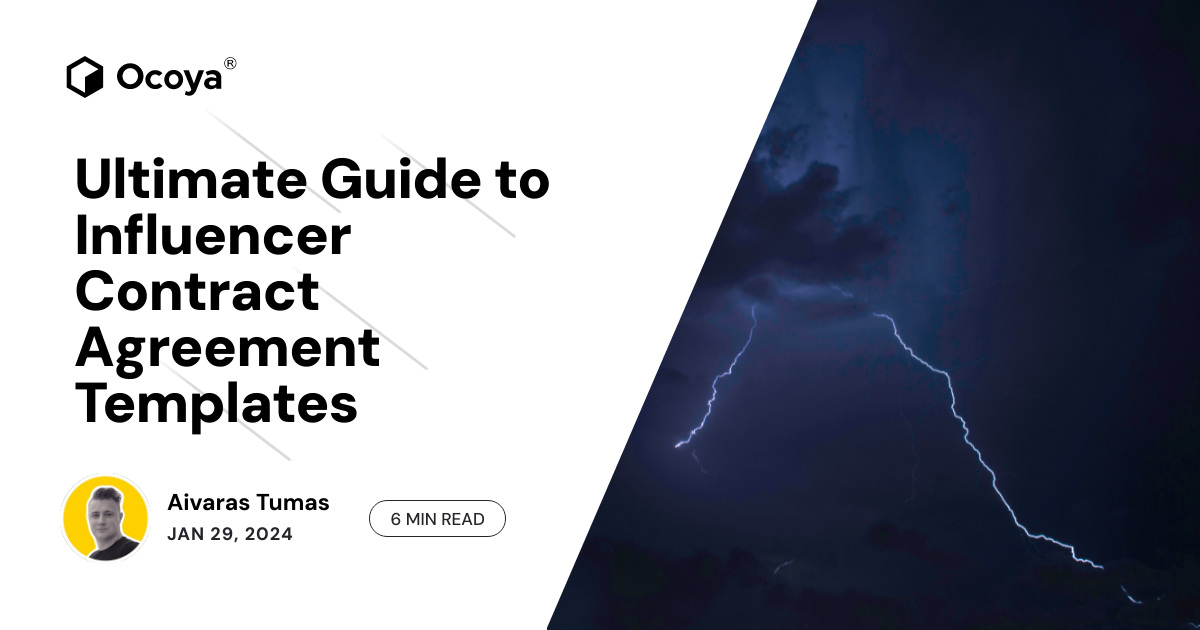

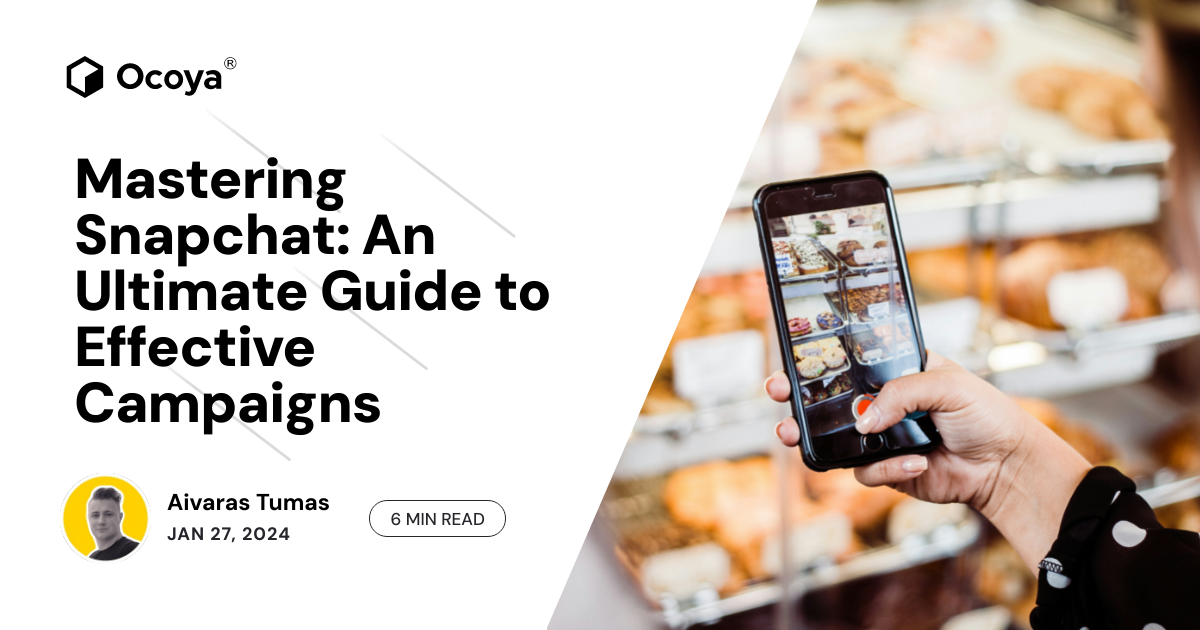
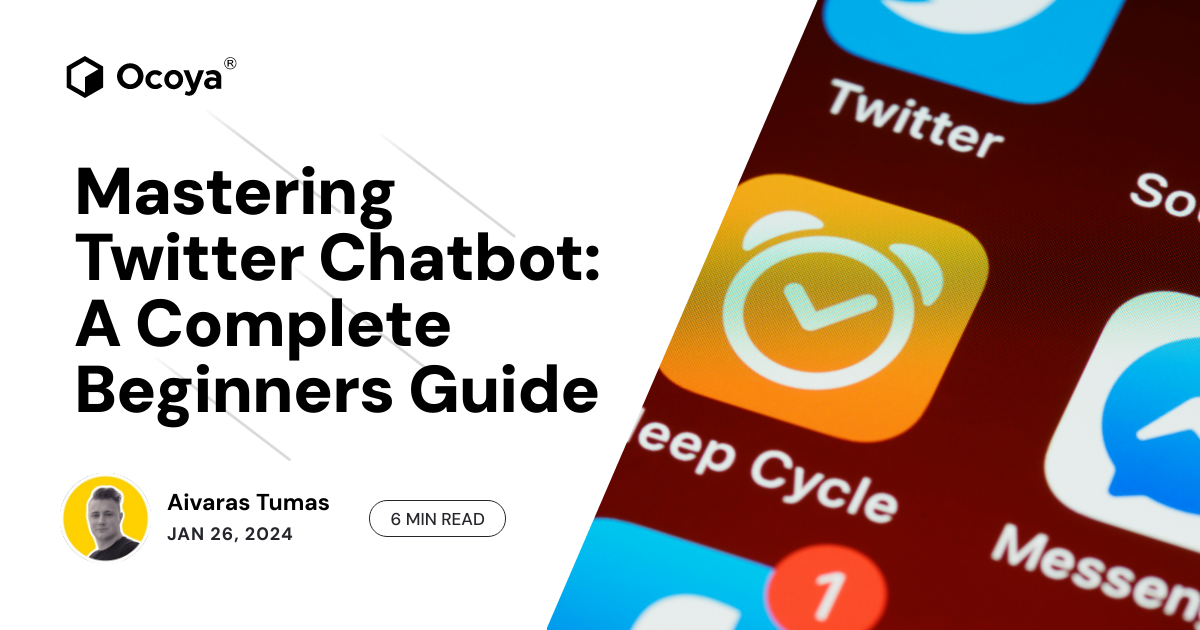
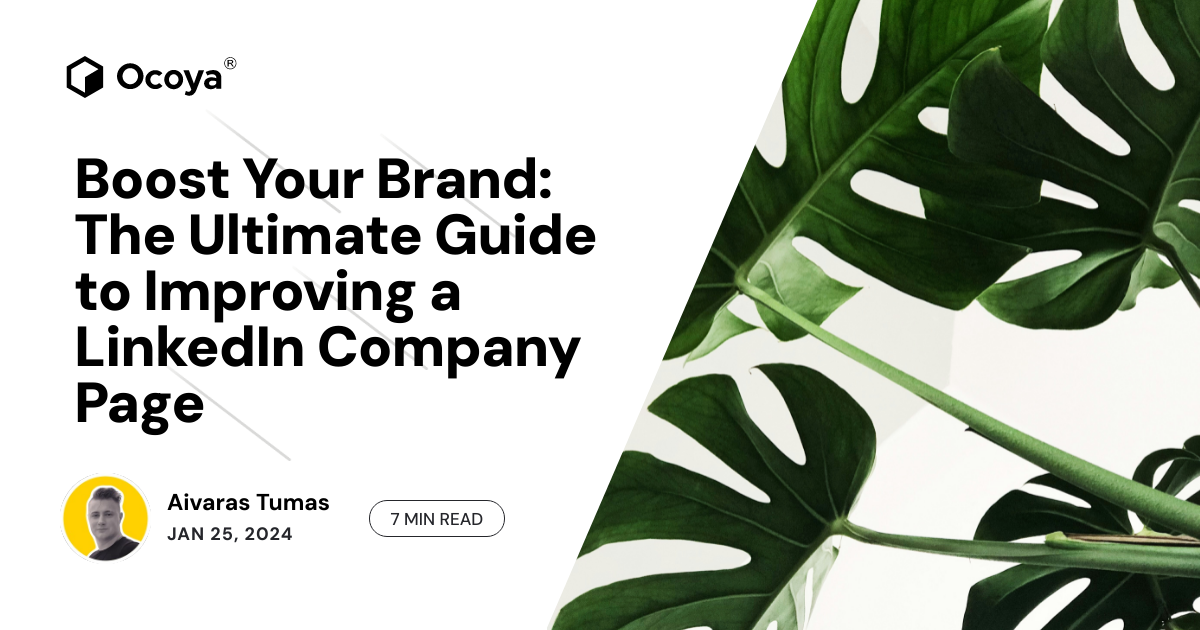
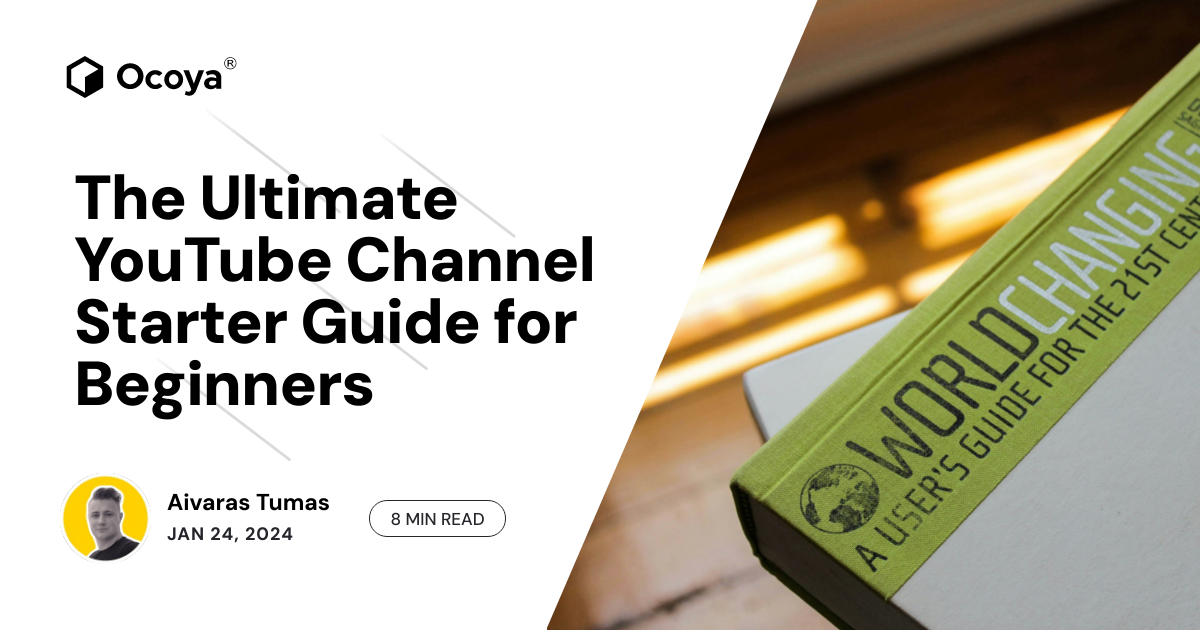
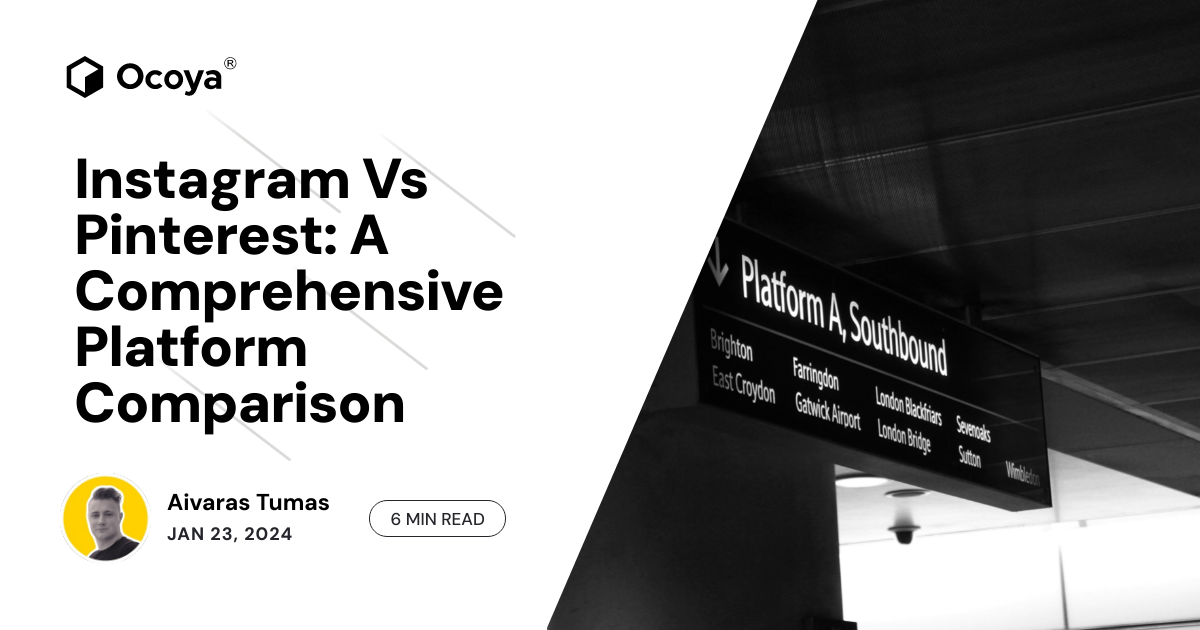
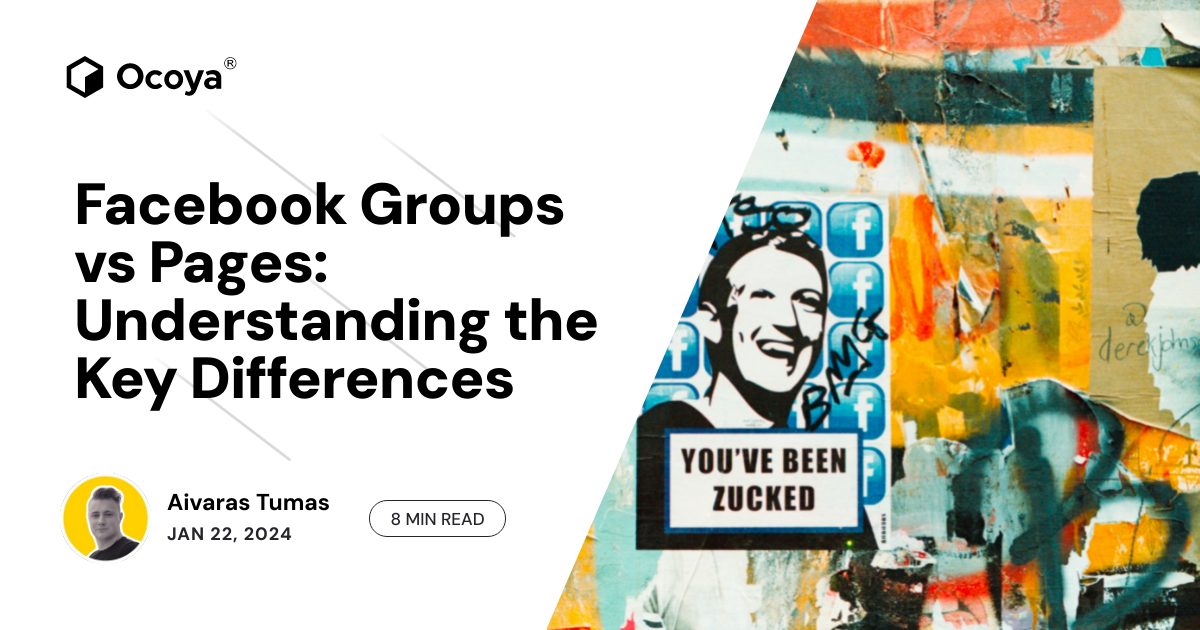

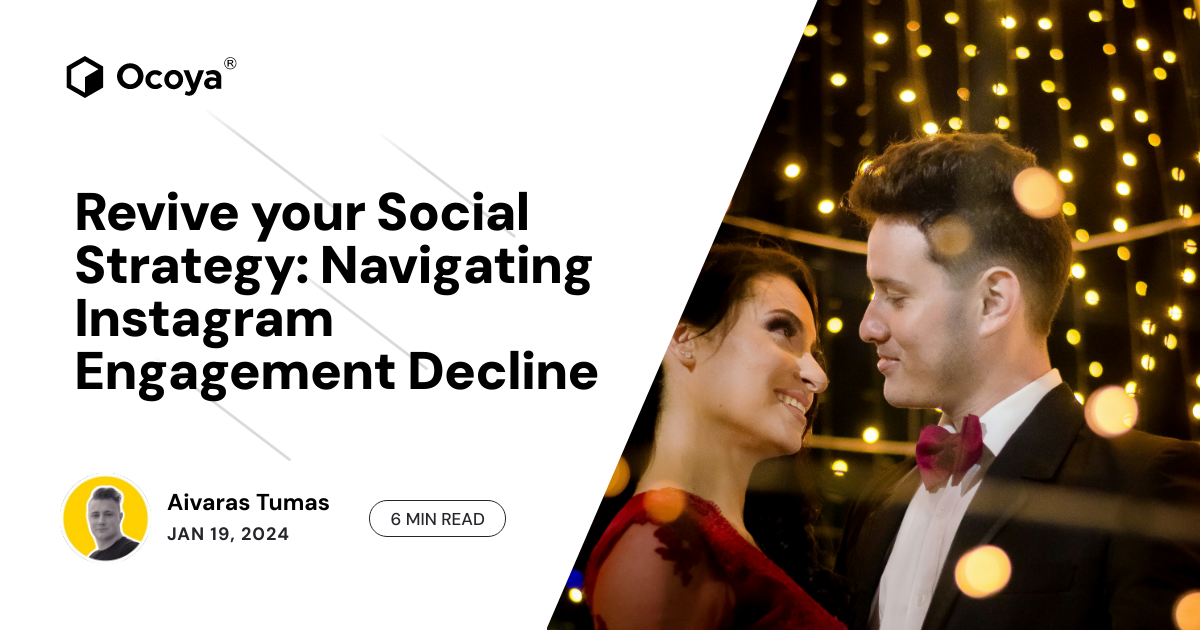

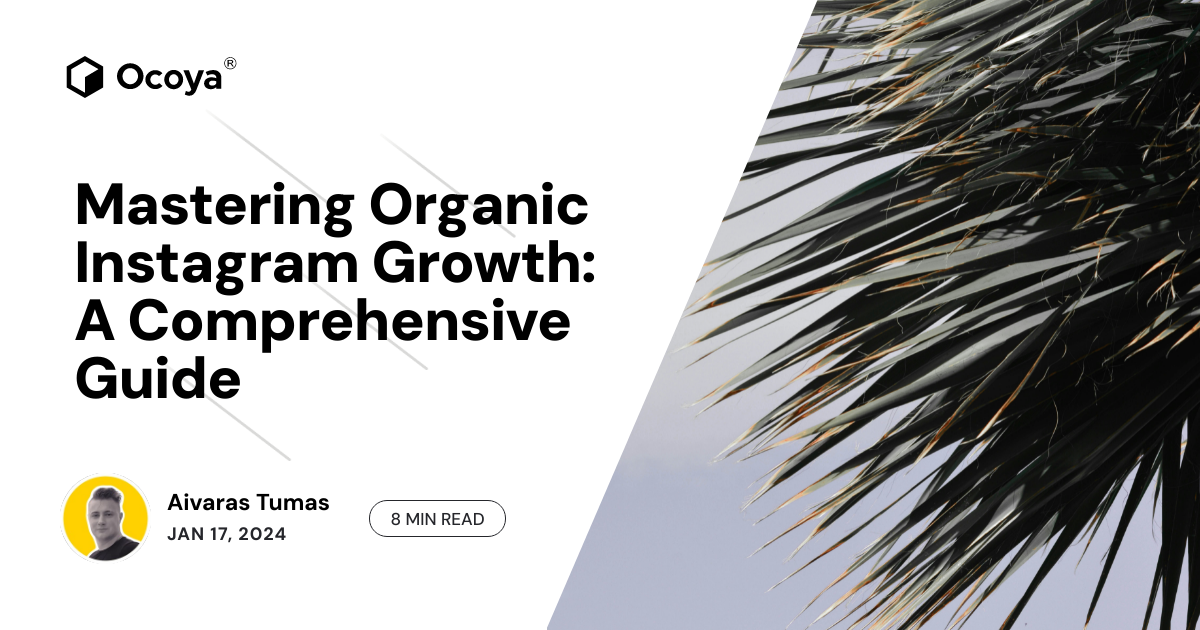
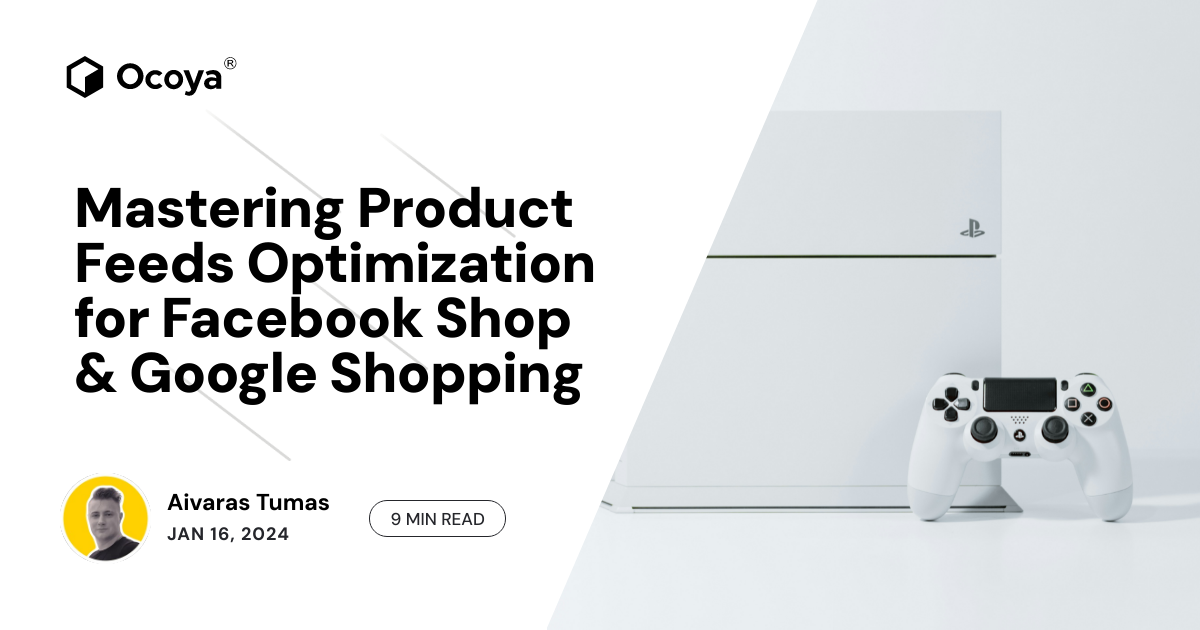















%252010%2520Signs%2520You%2527re%2520Approaching%2520Social%2520Media%2520Marketing%2520From%2520the%2520Wrong%2520Angle.png)
.png)


.png)